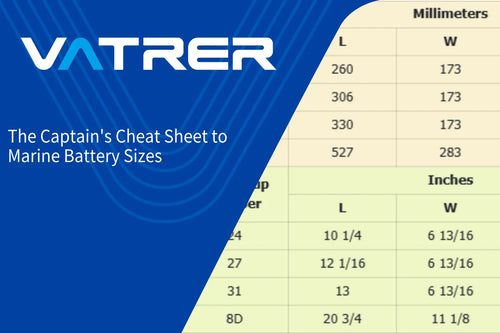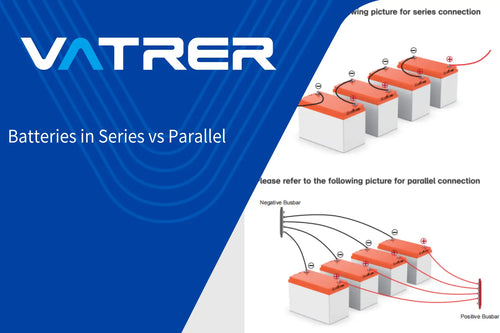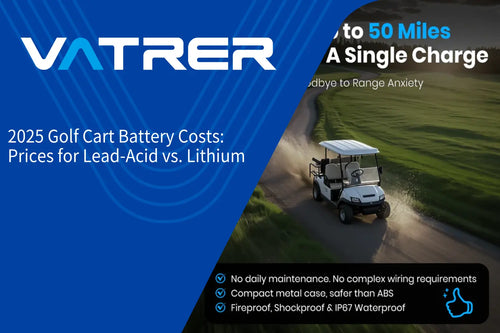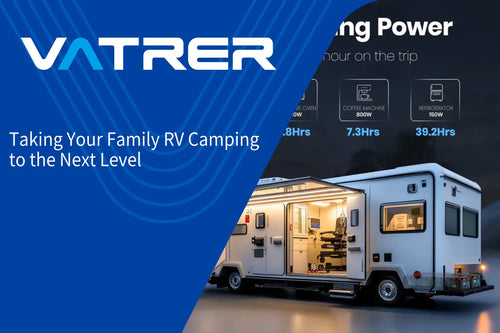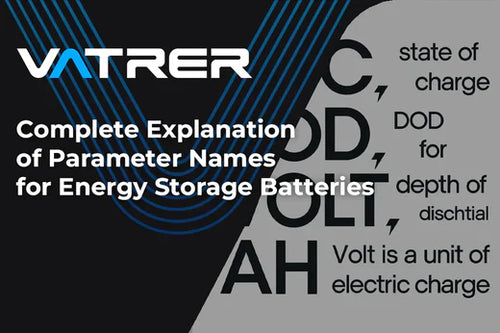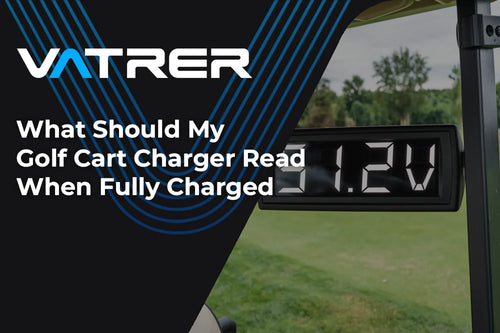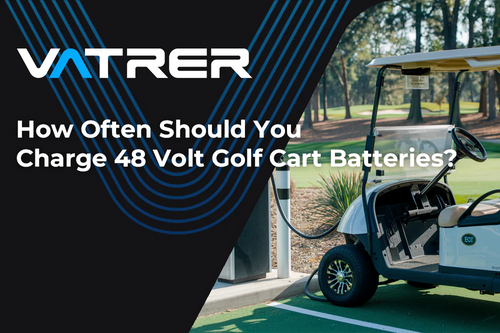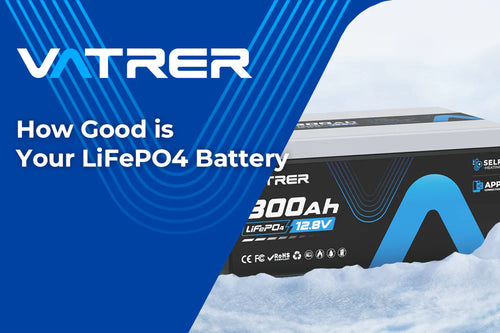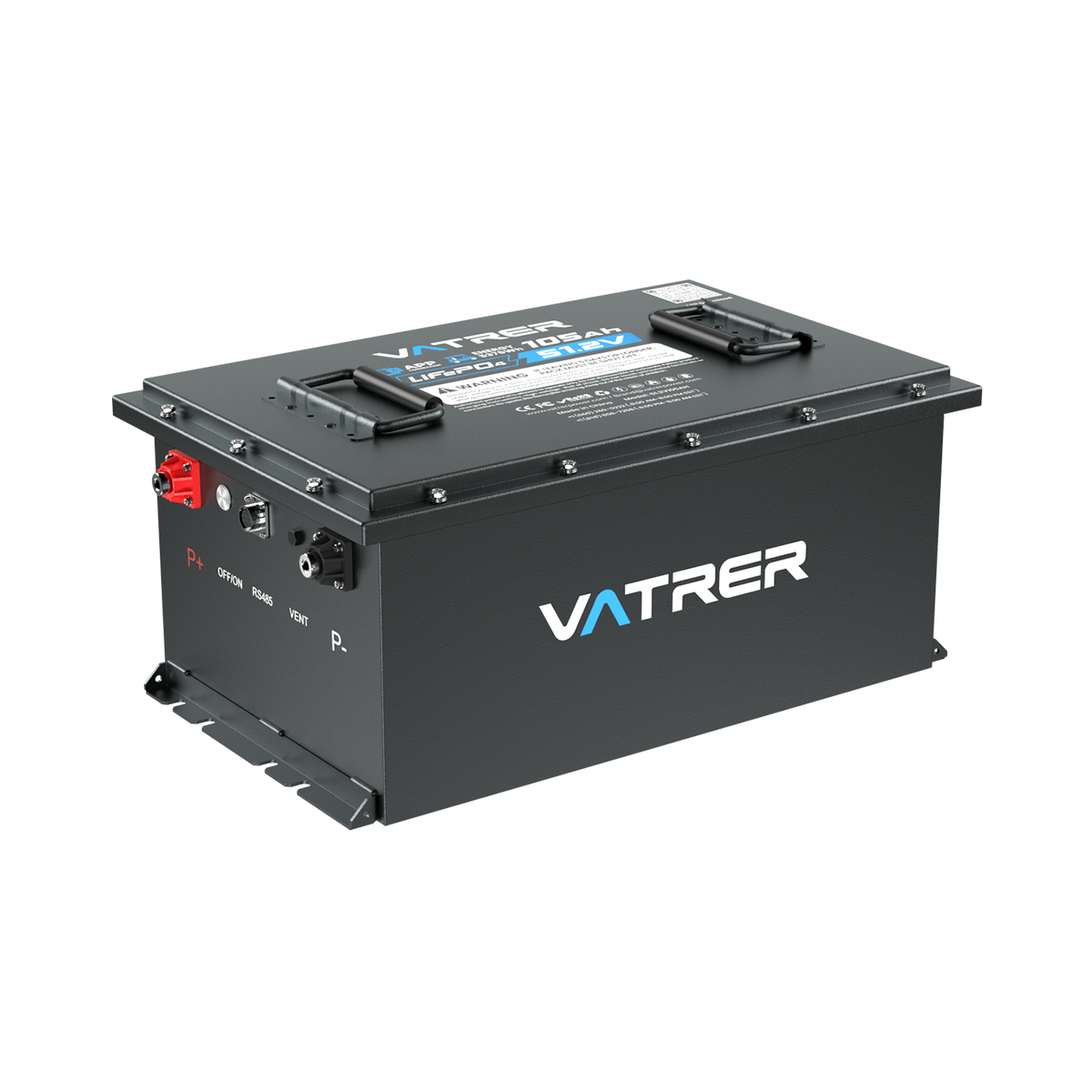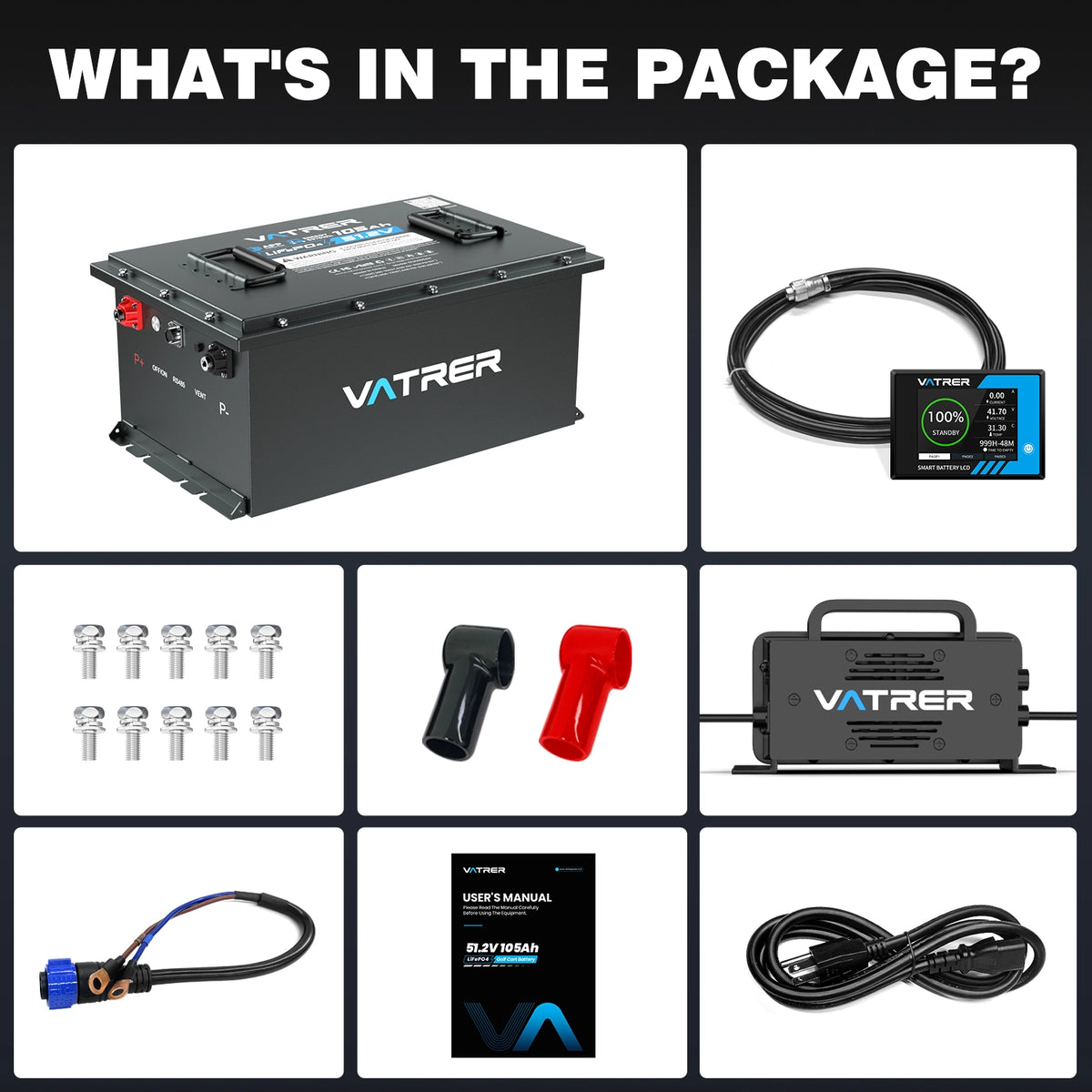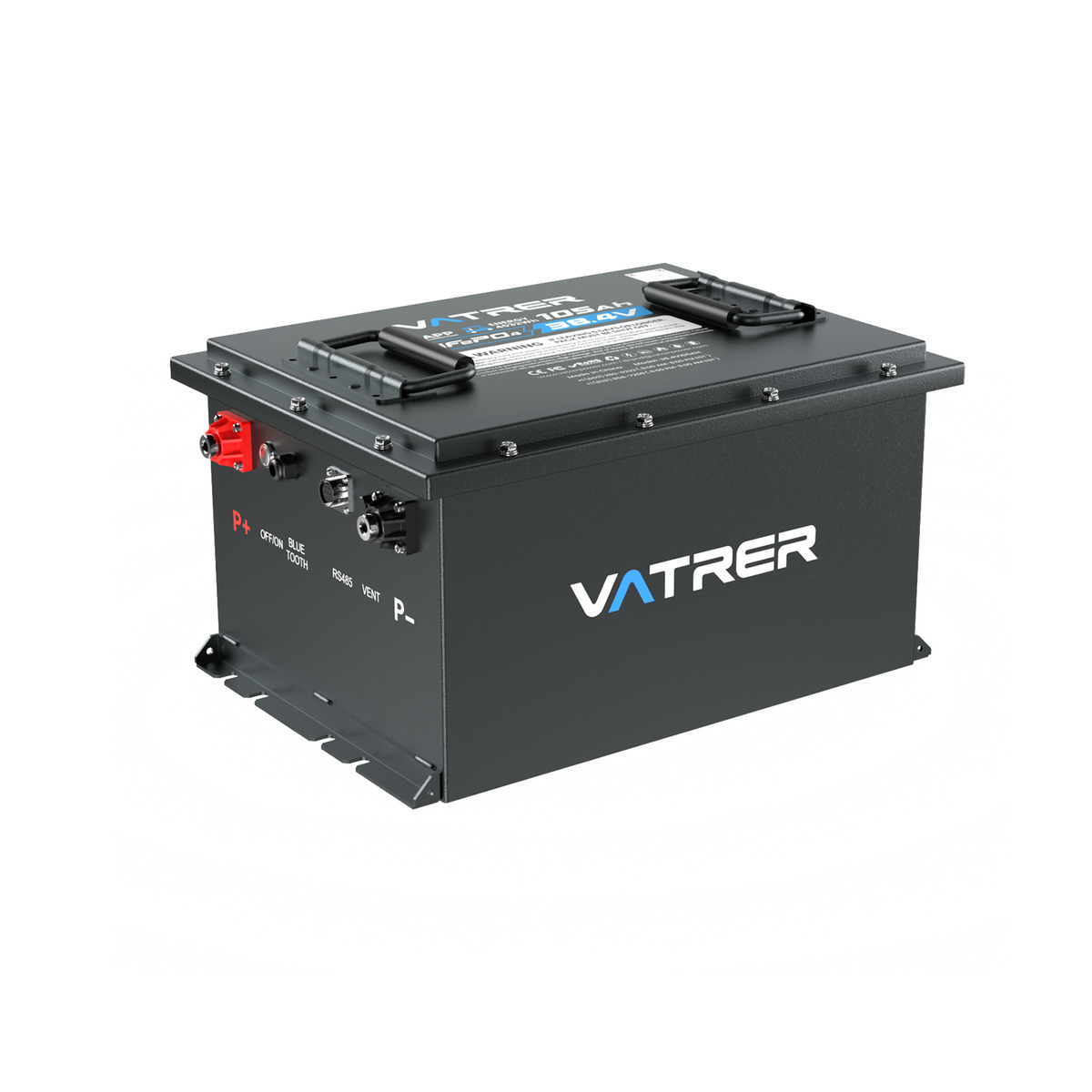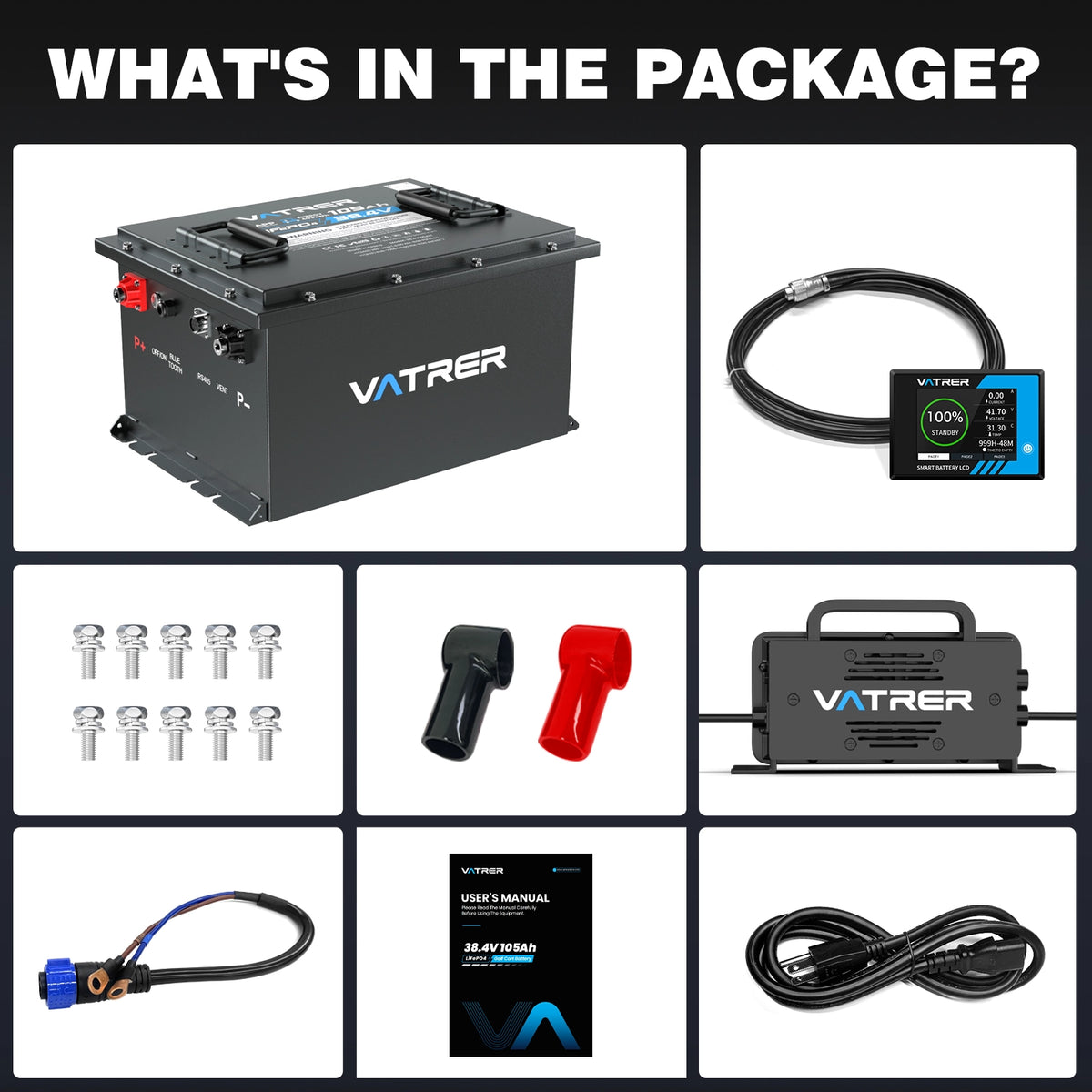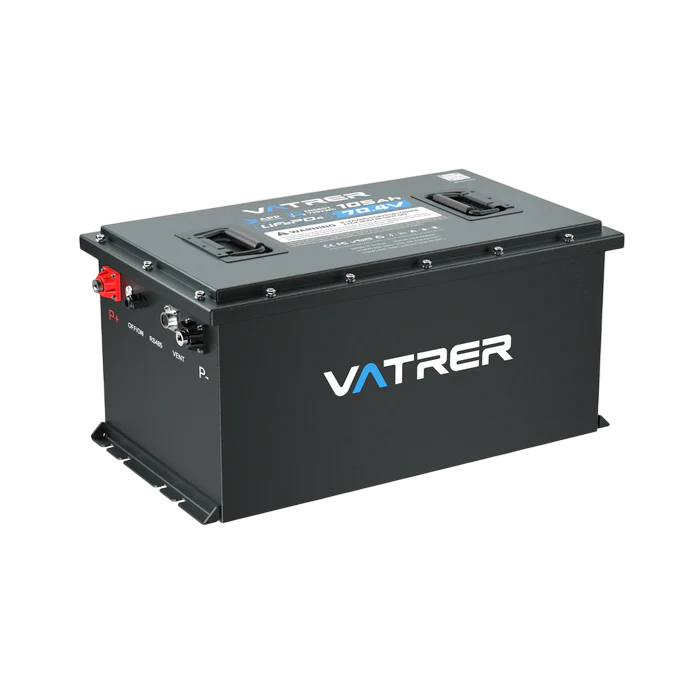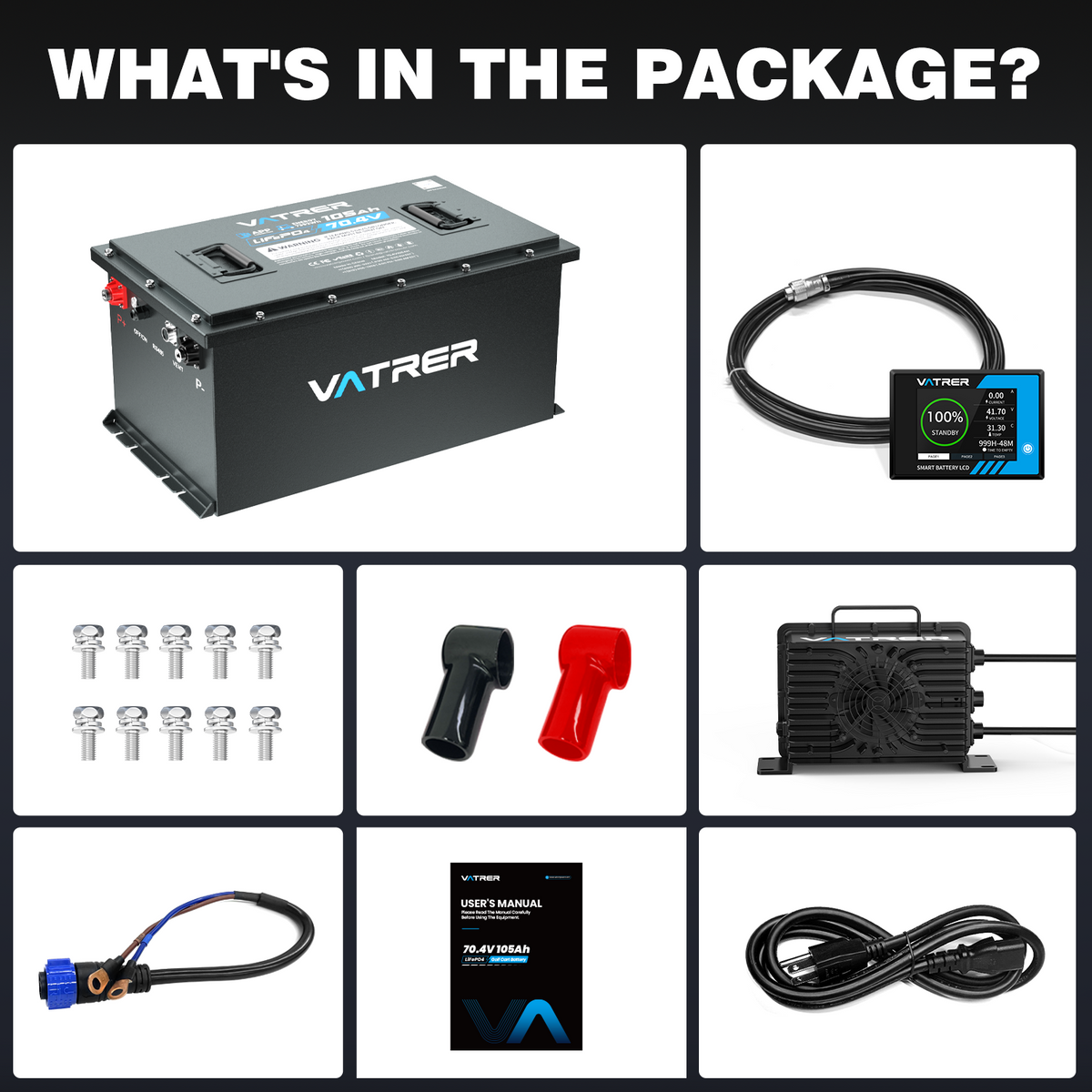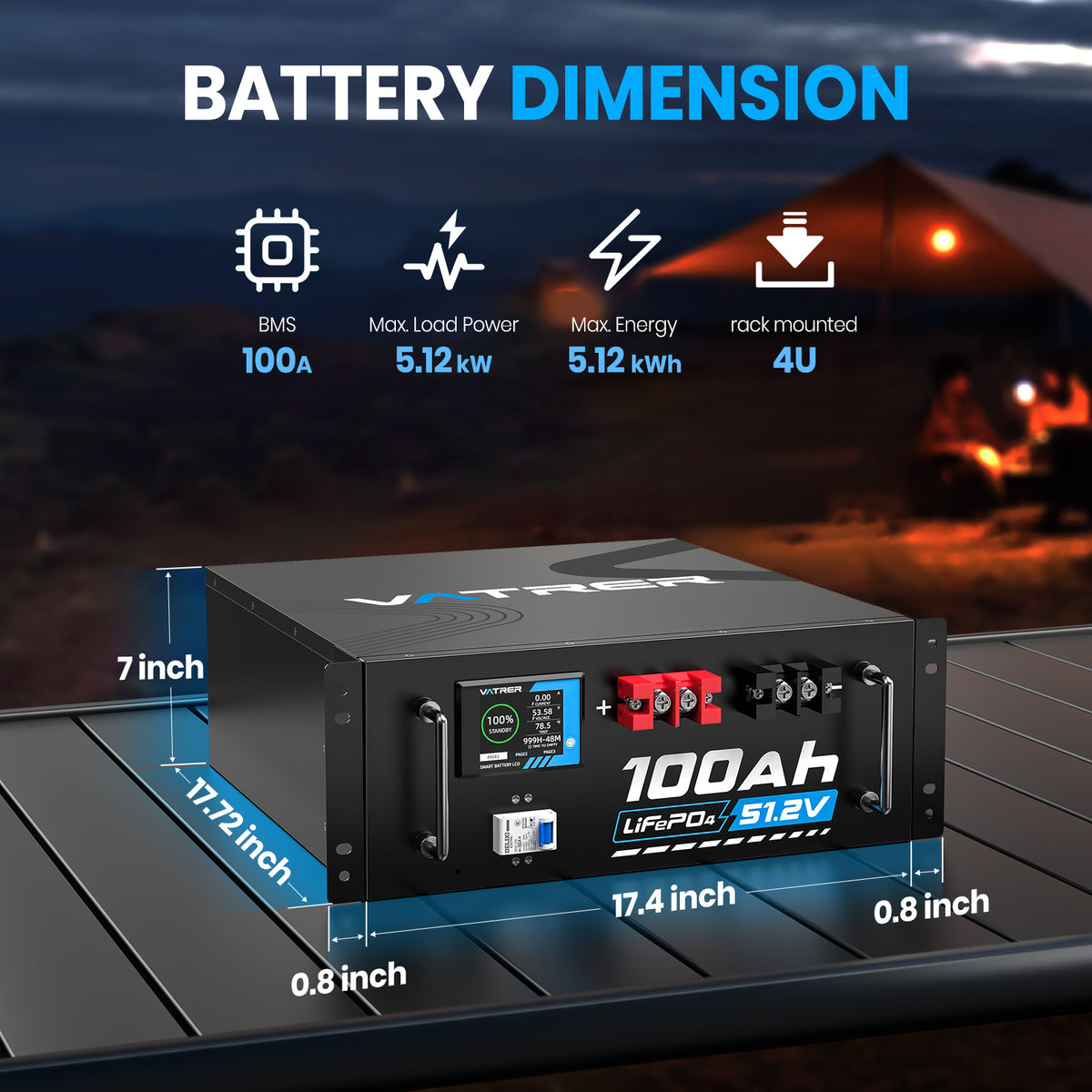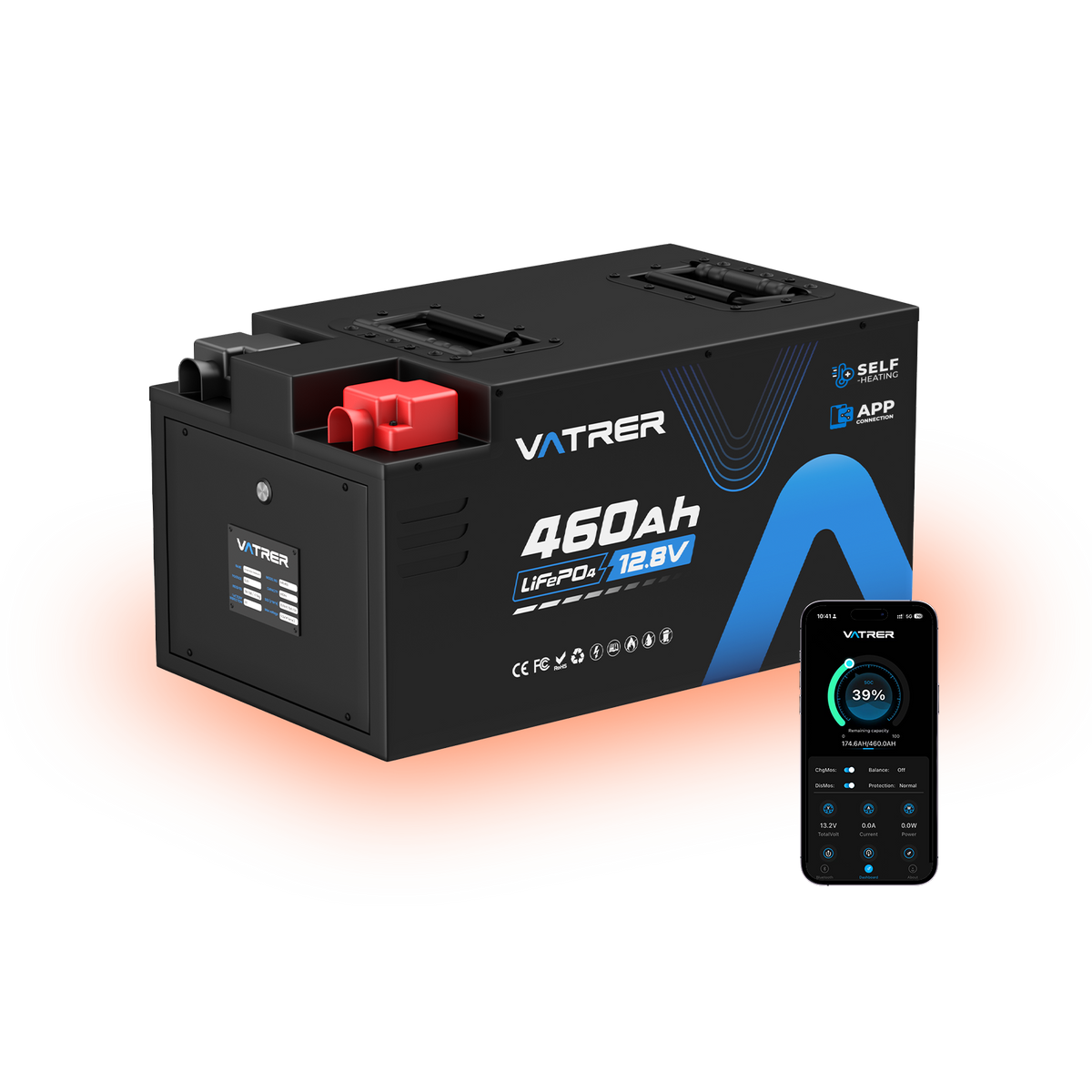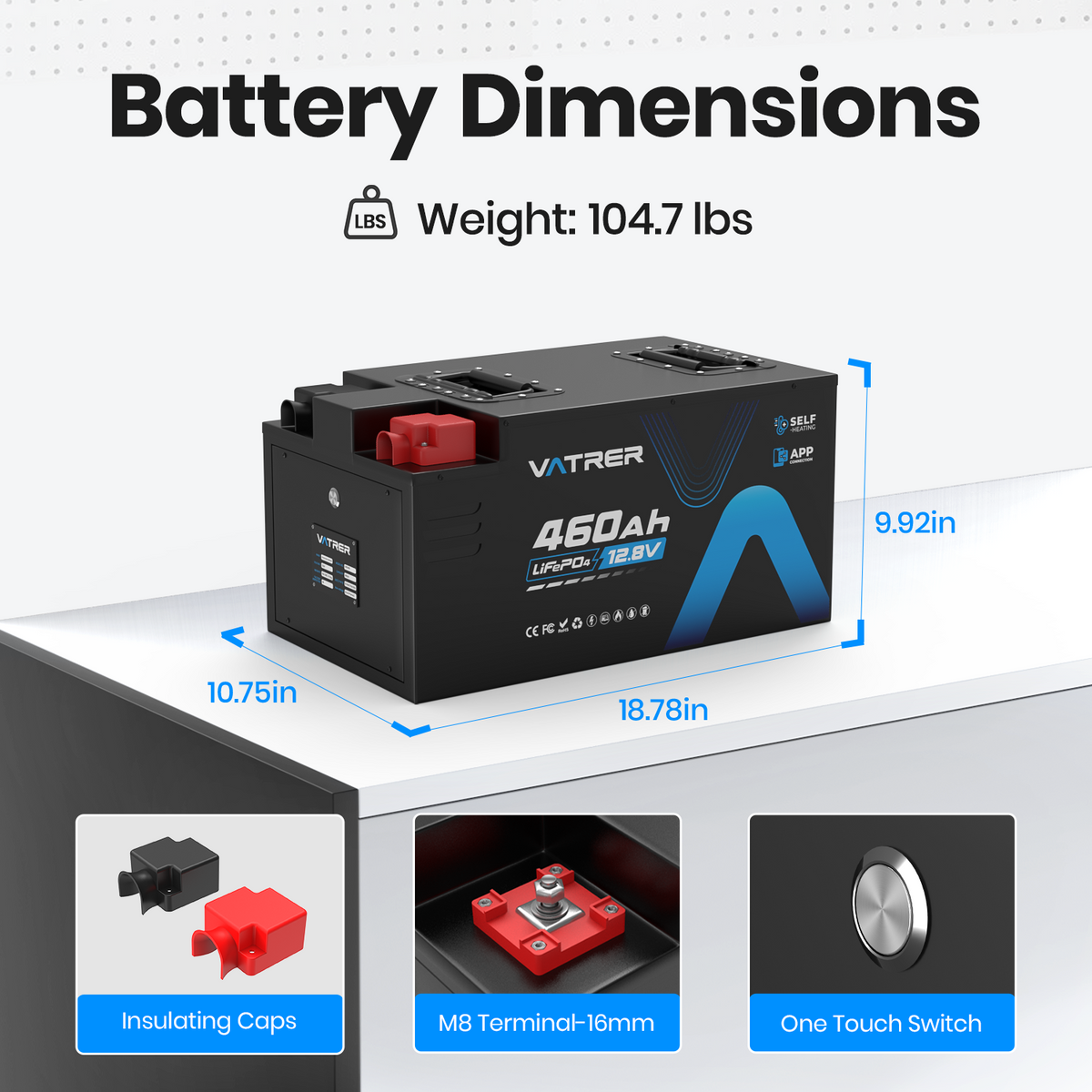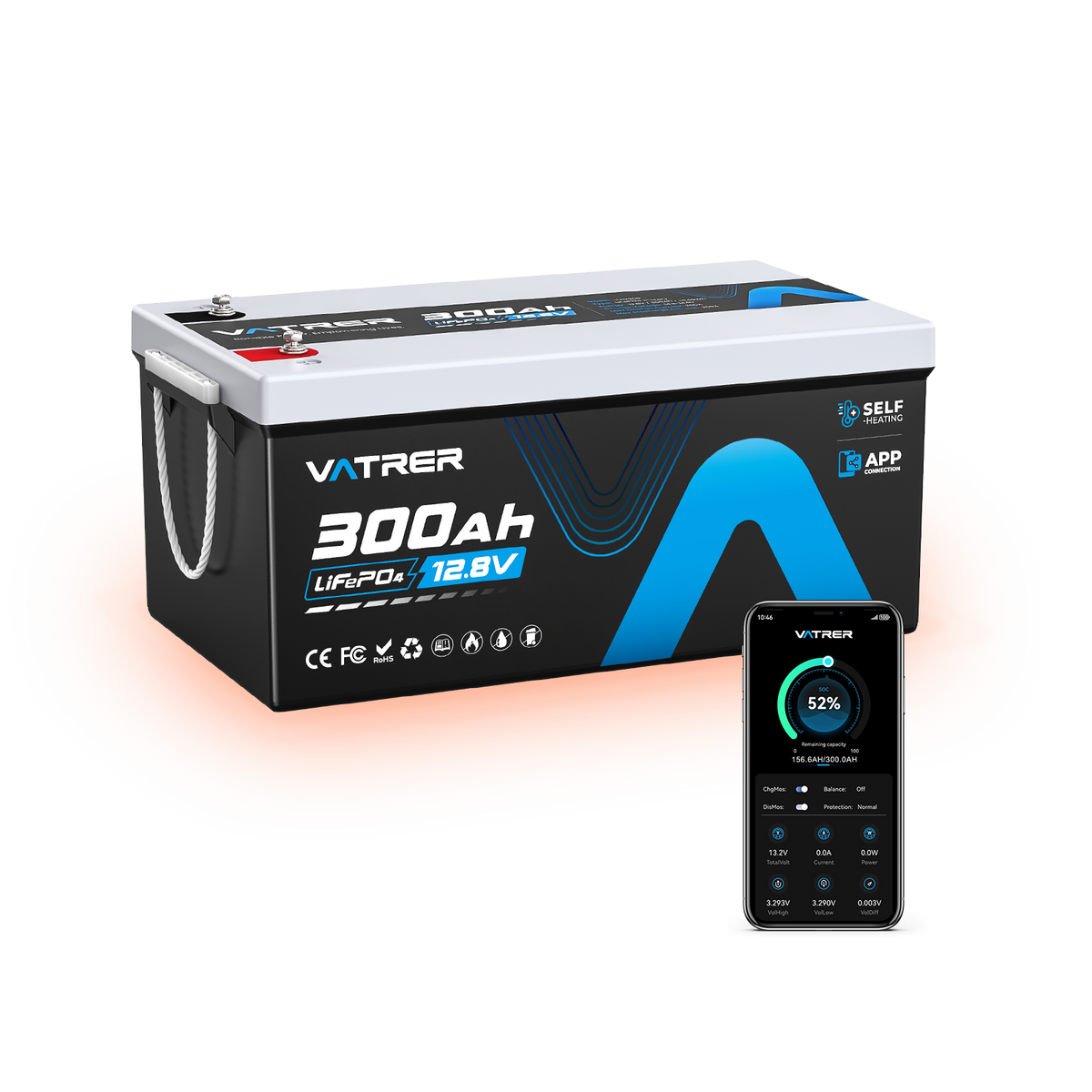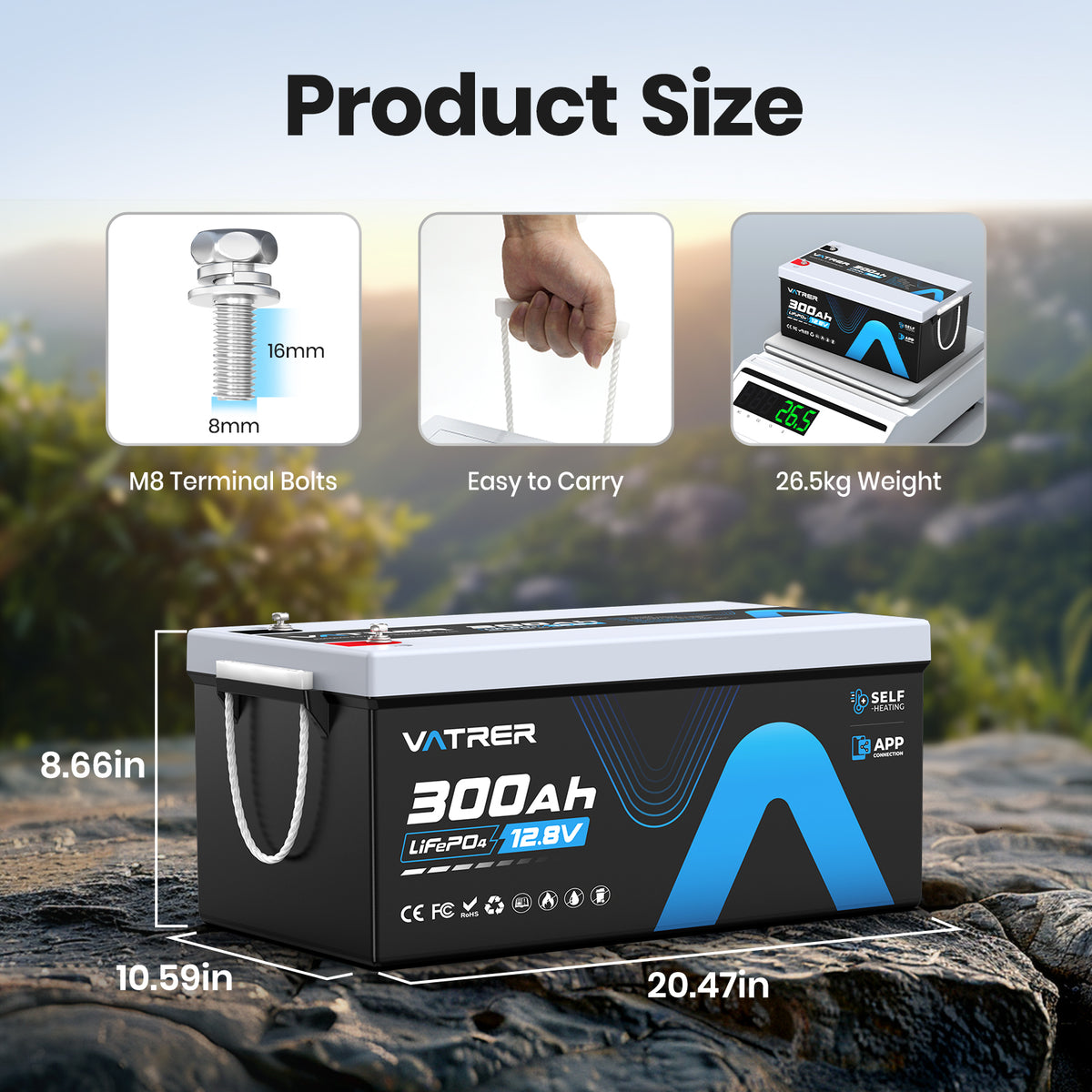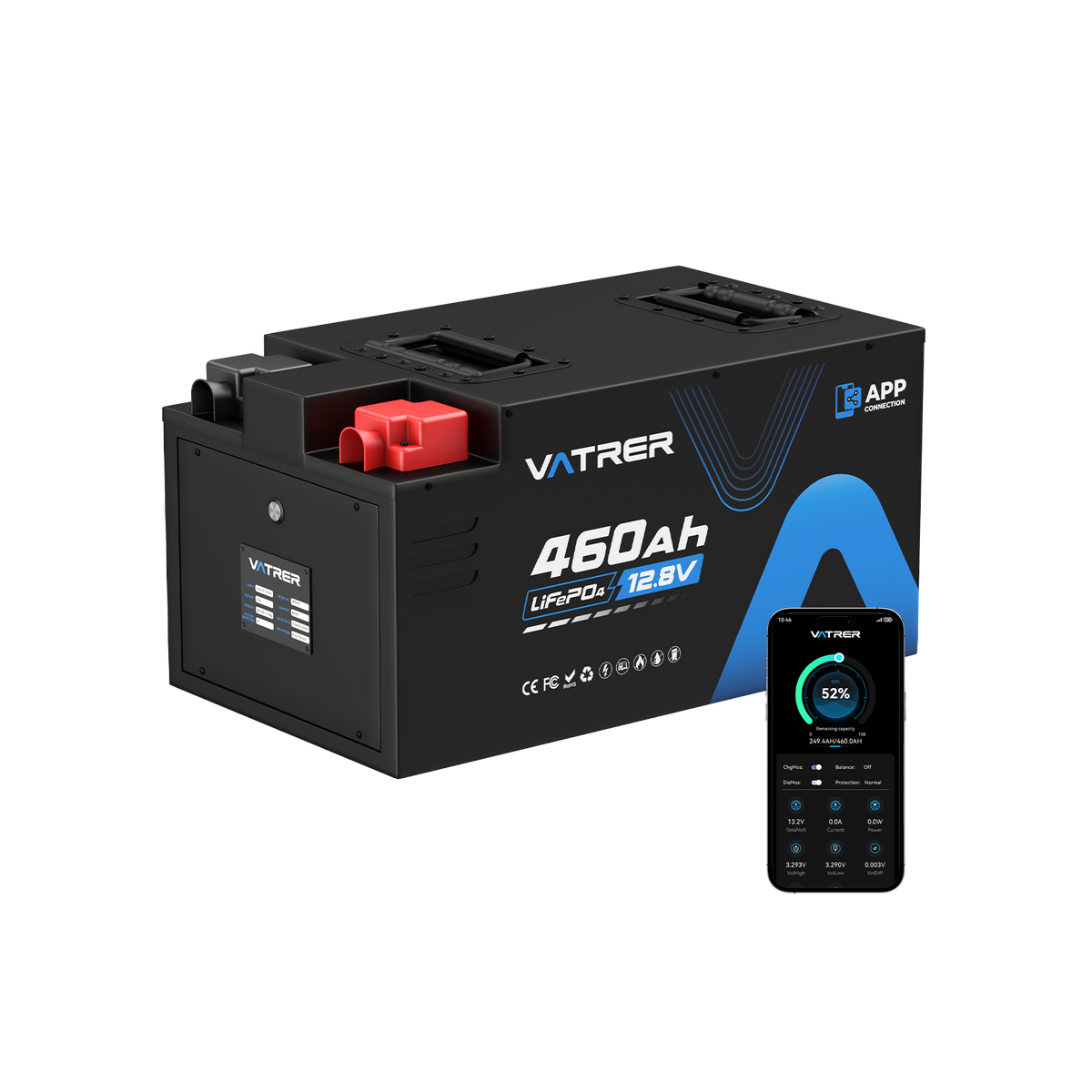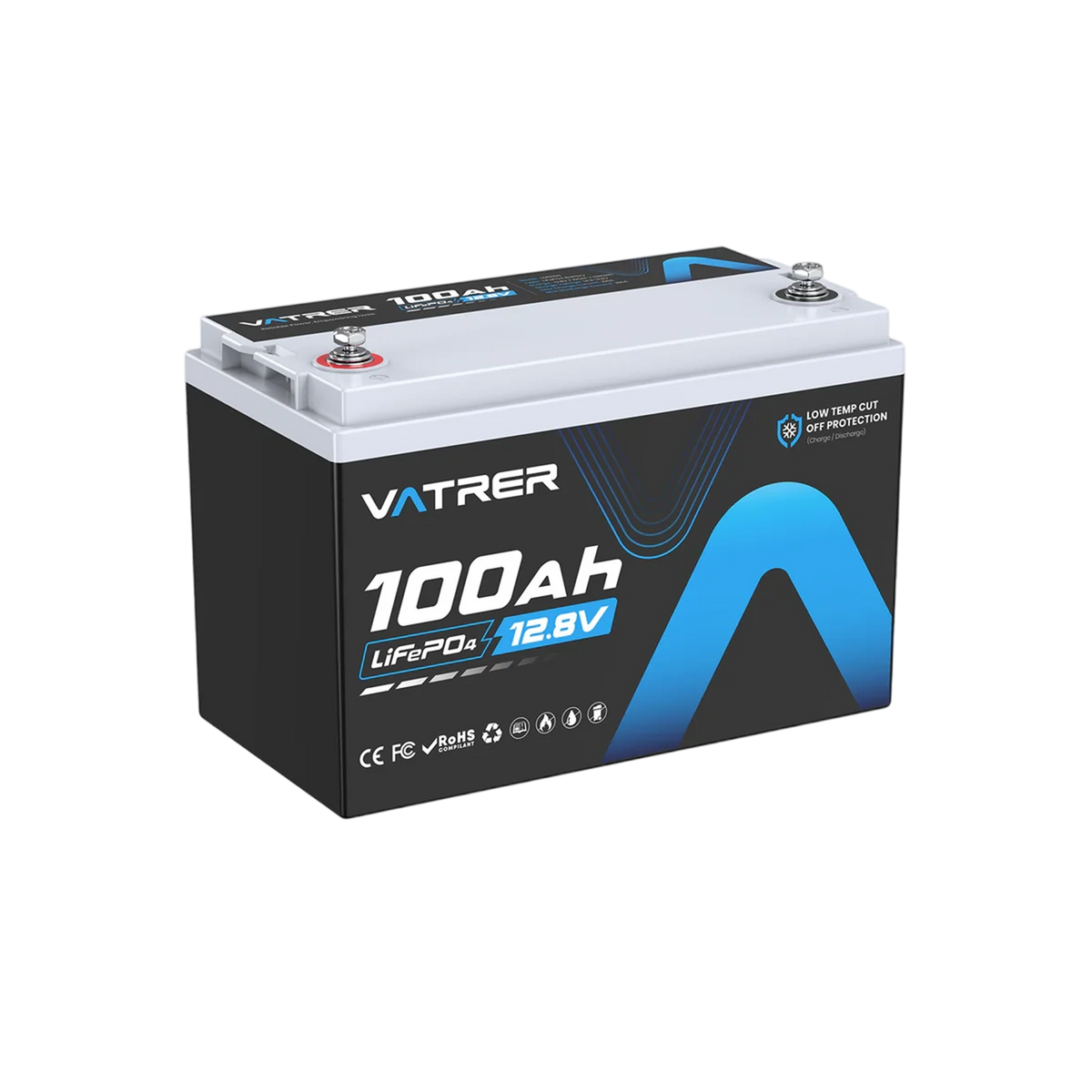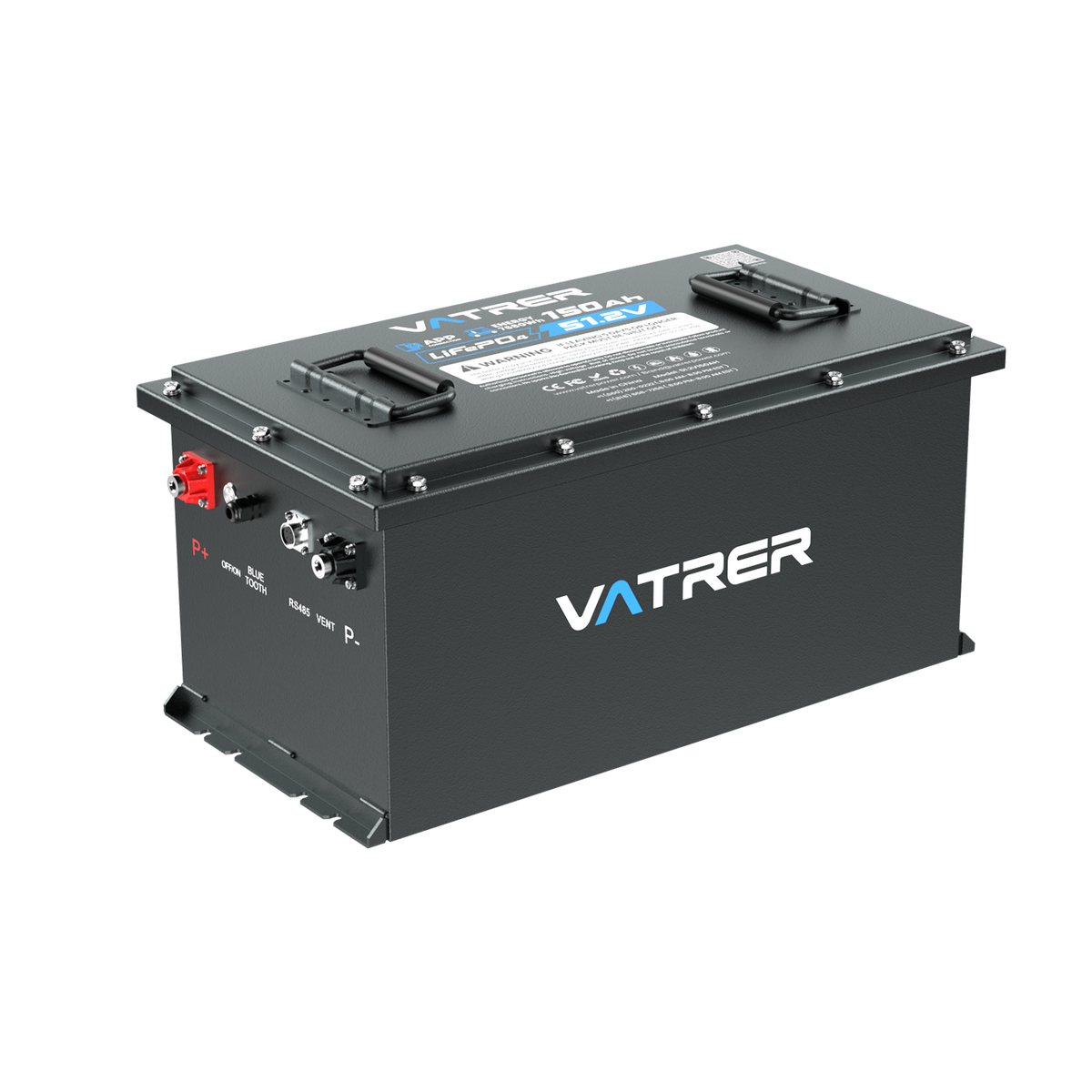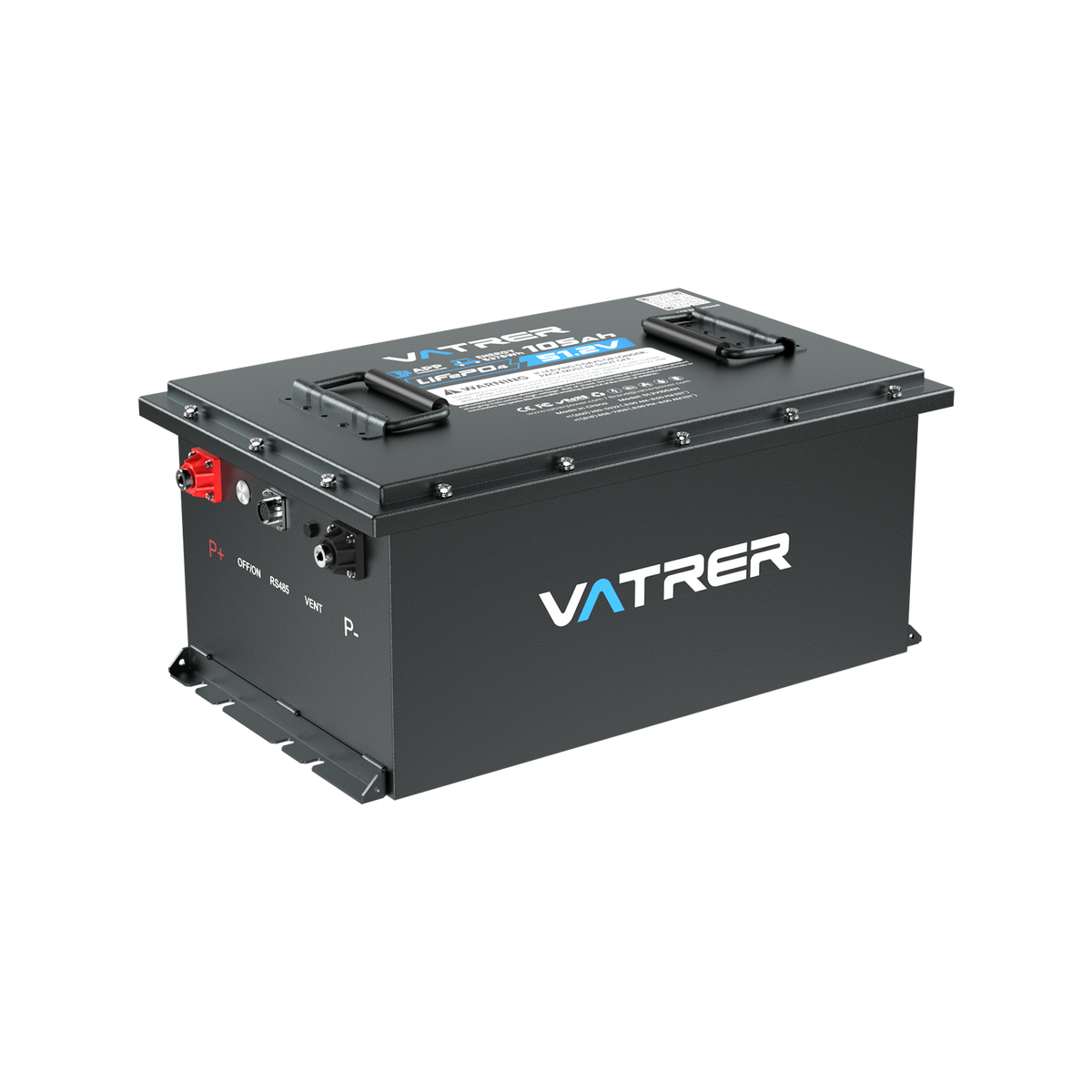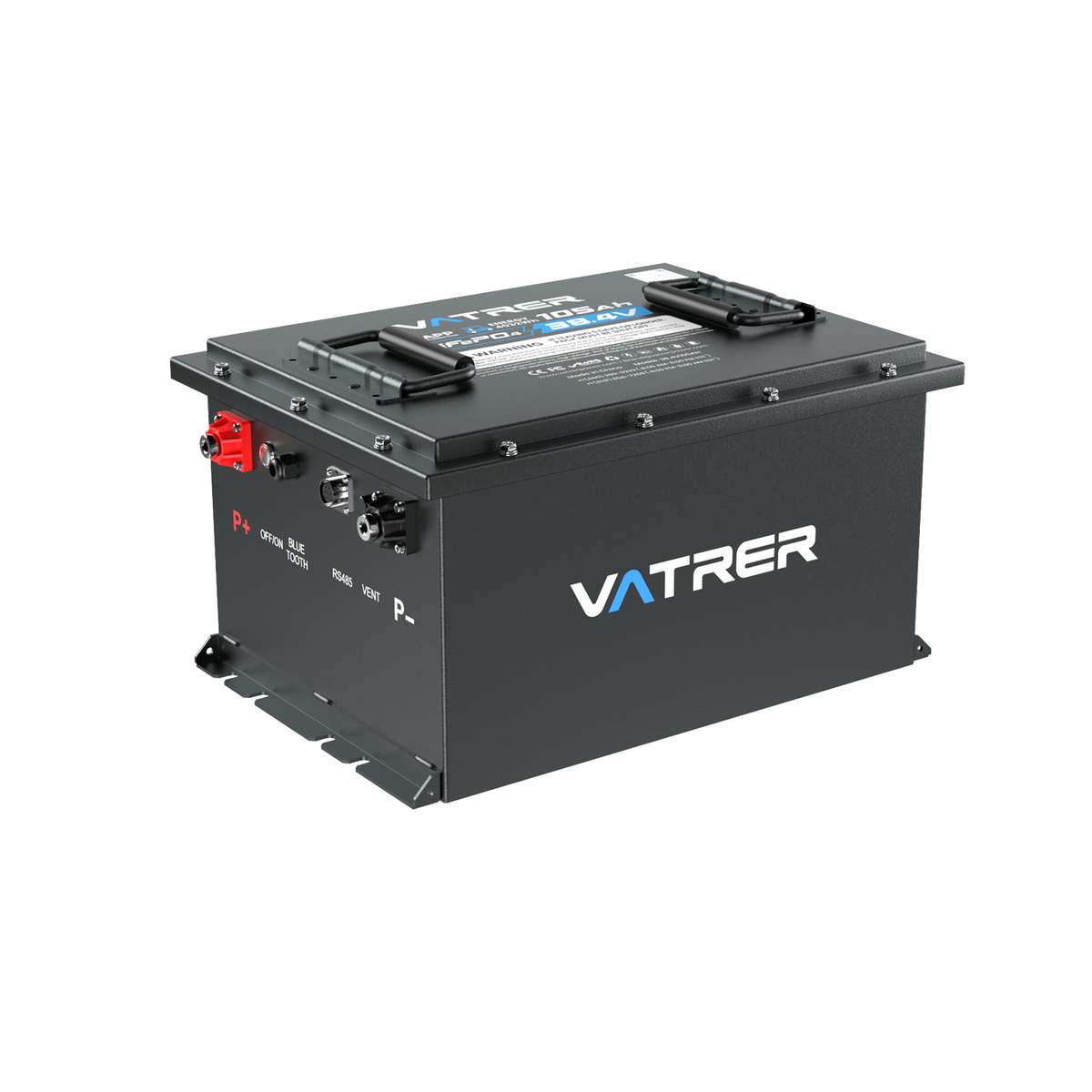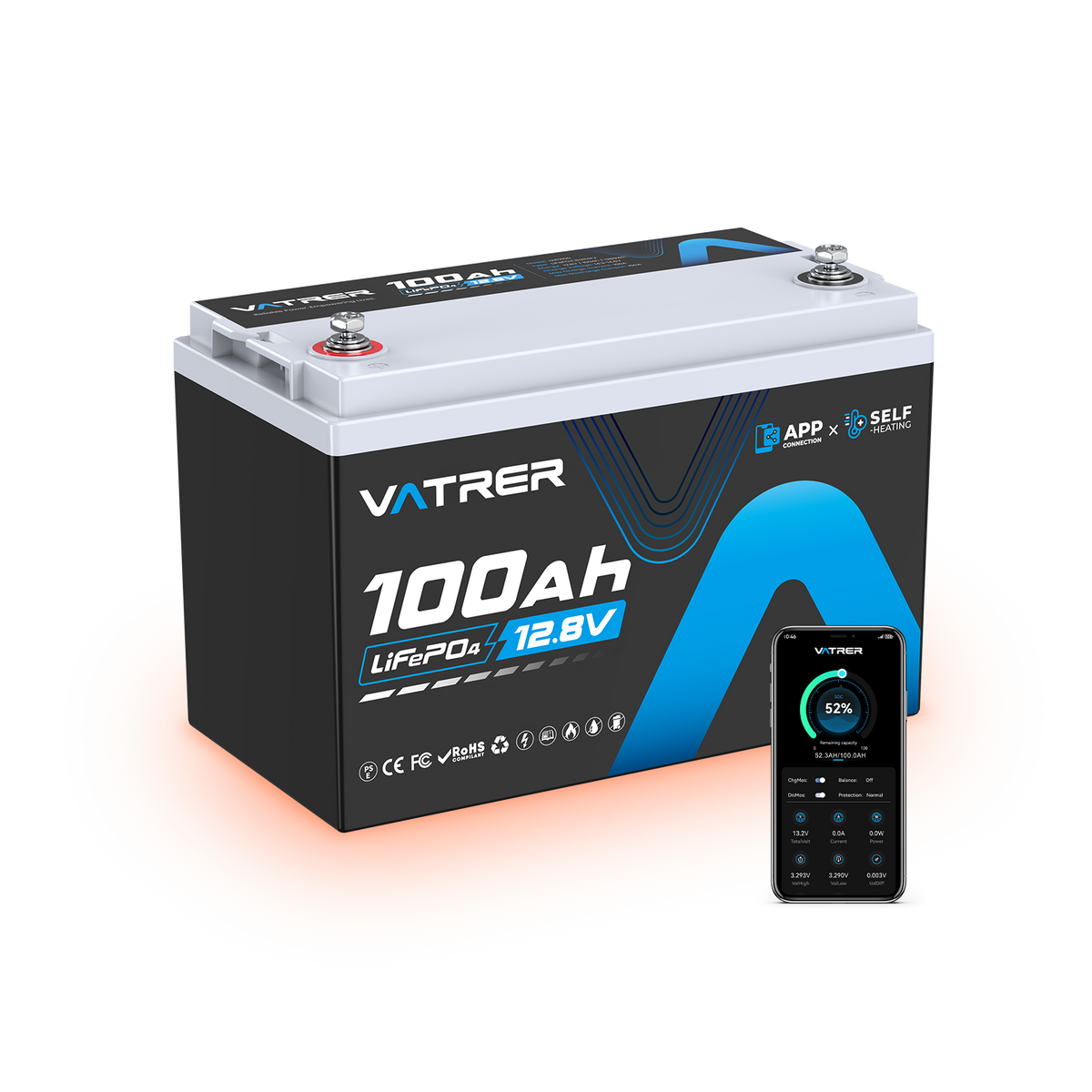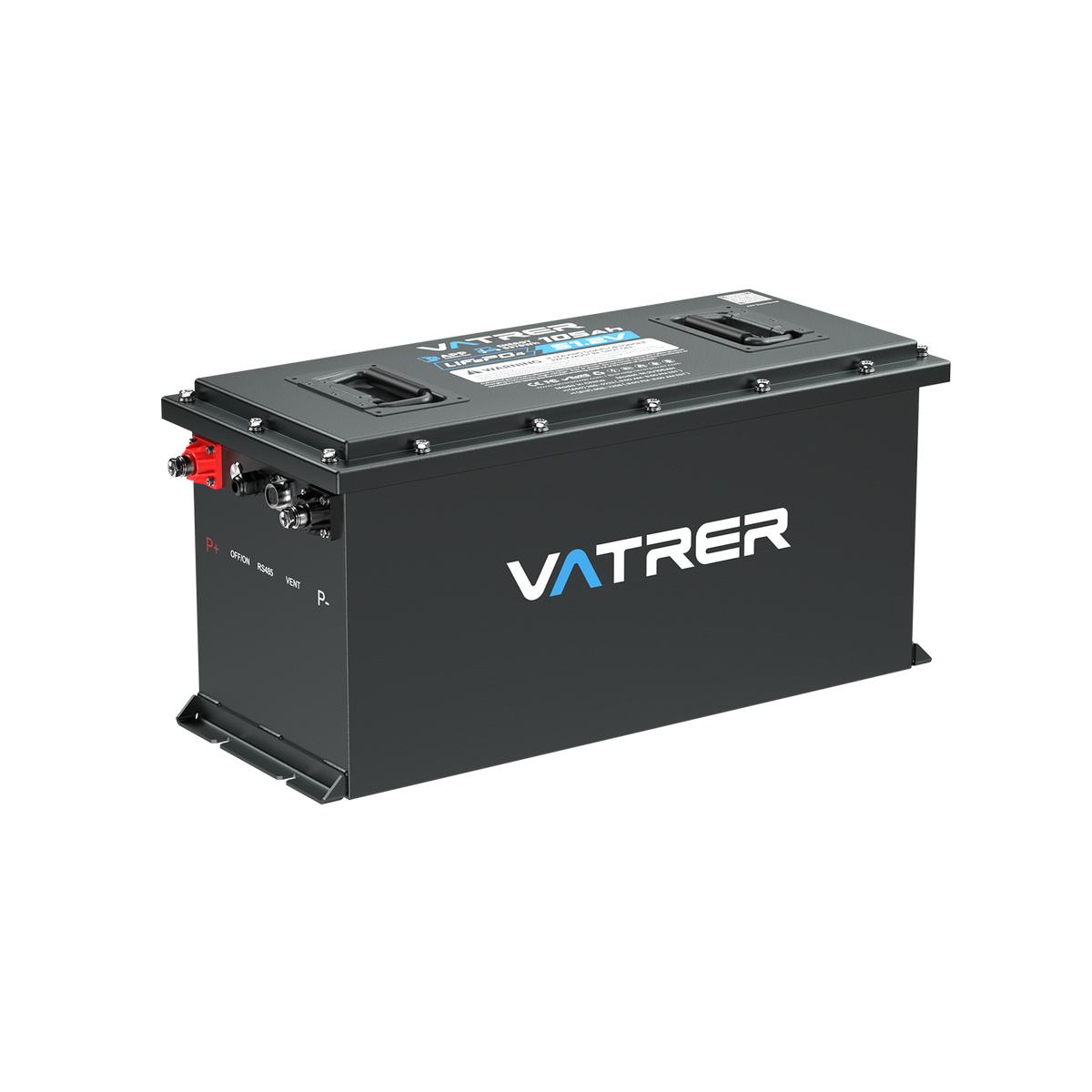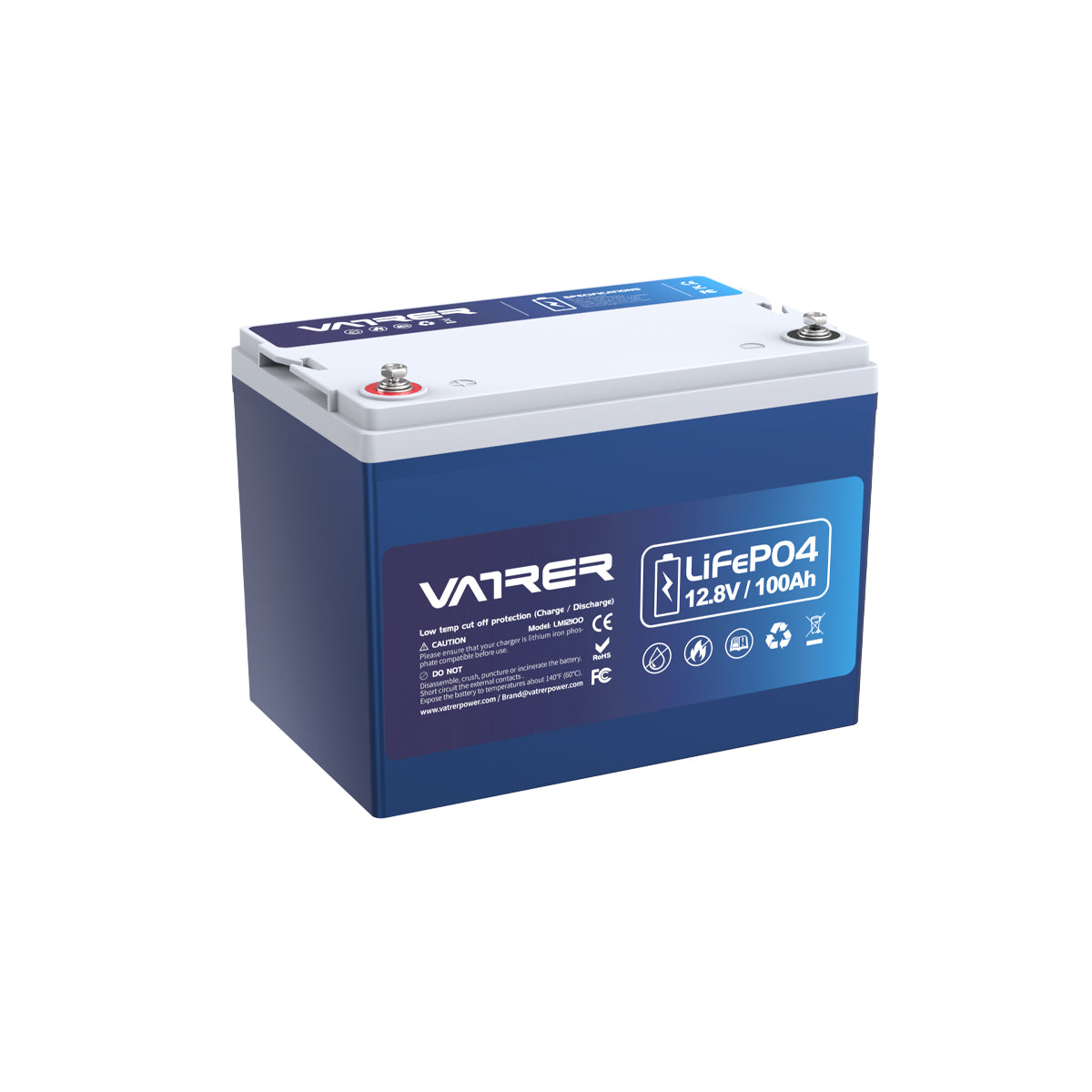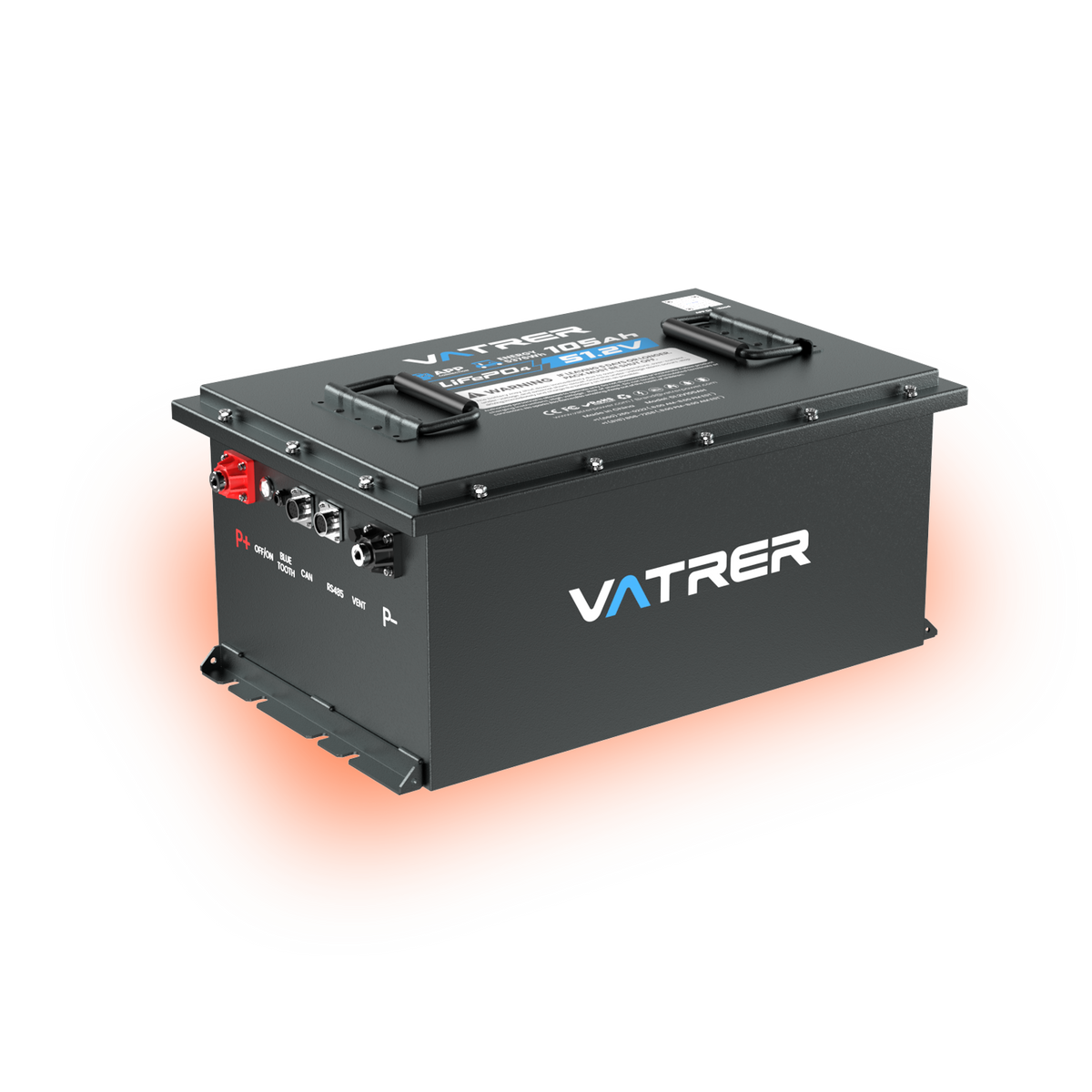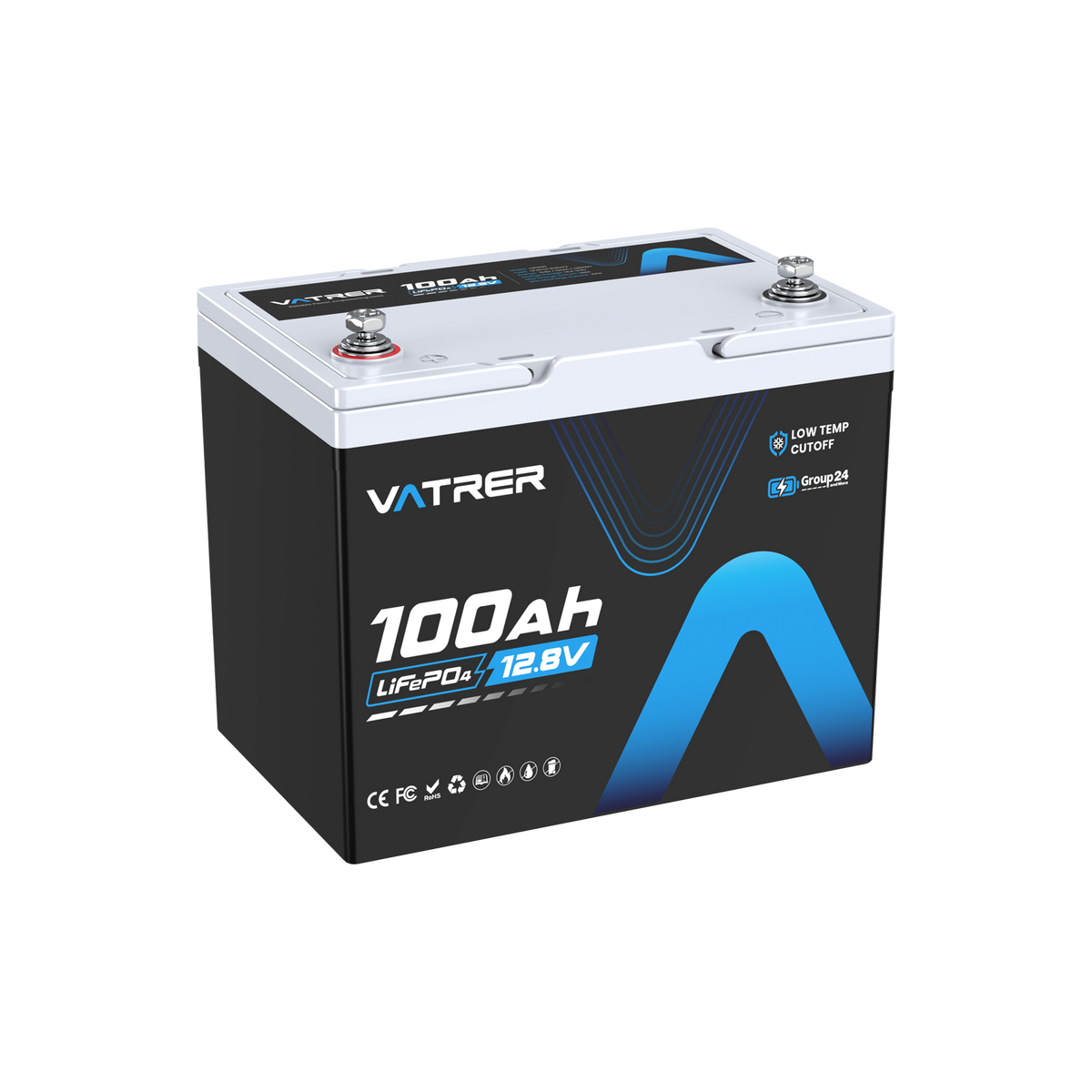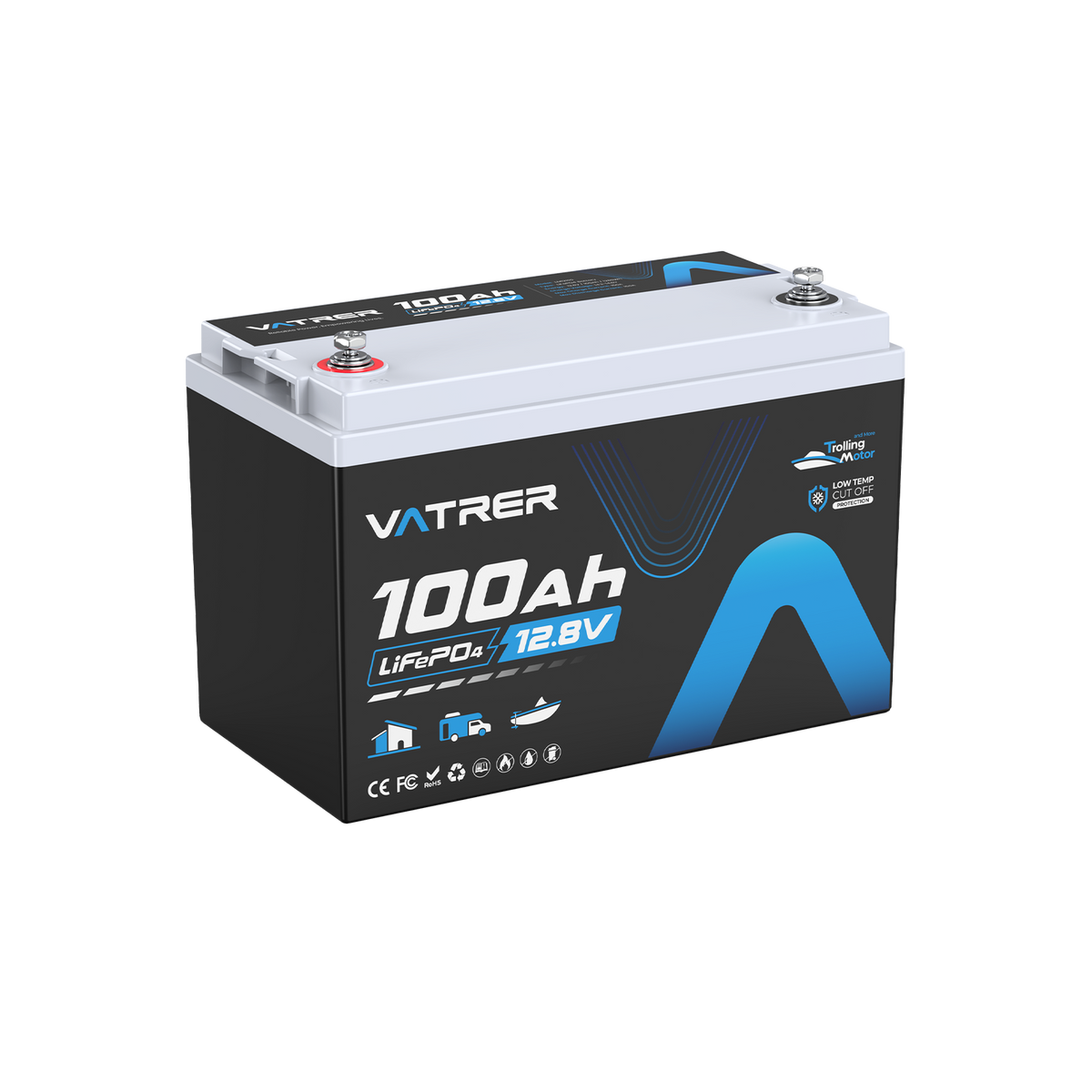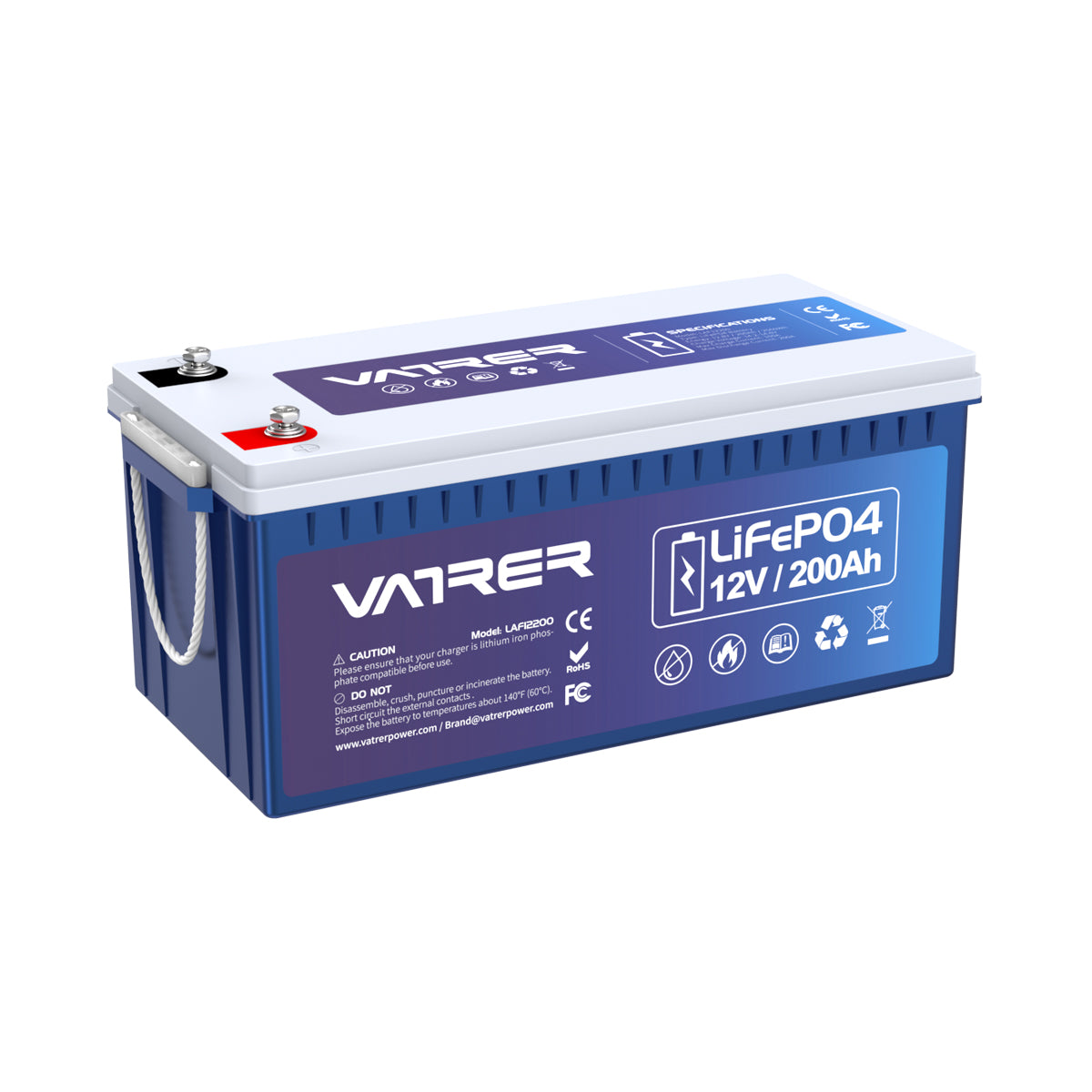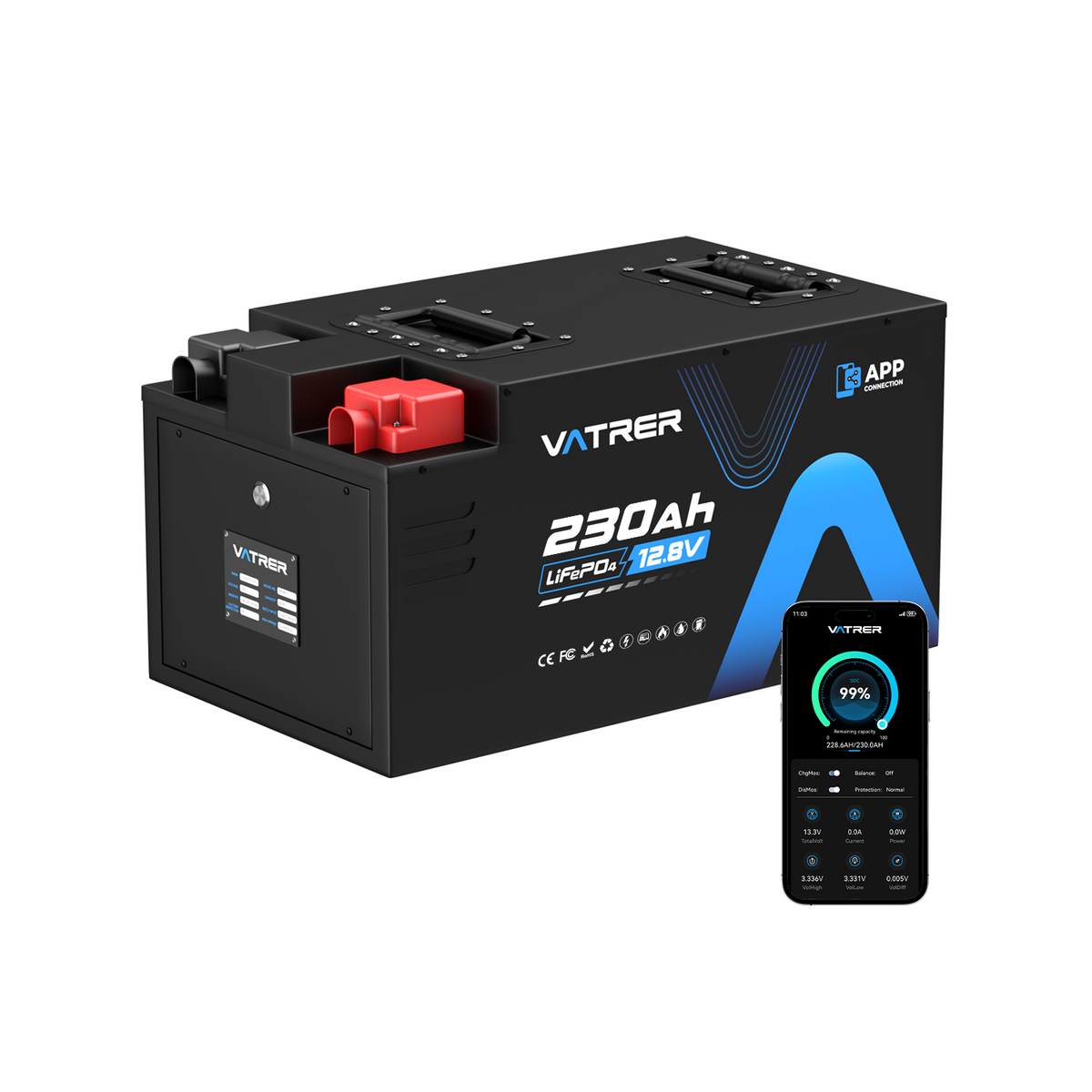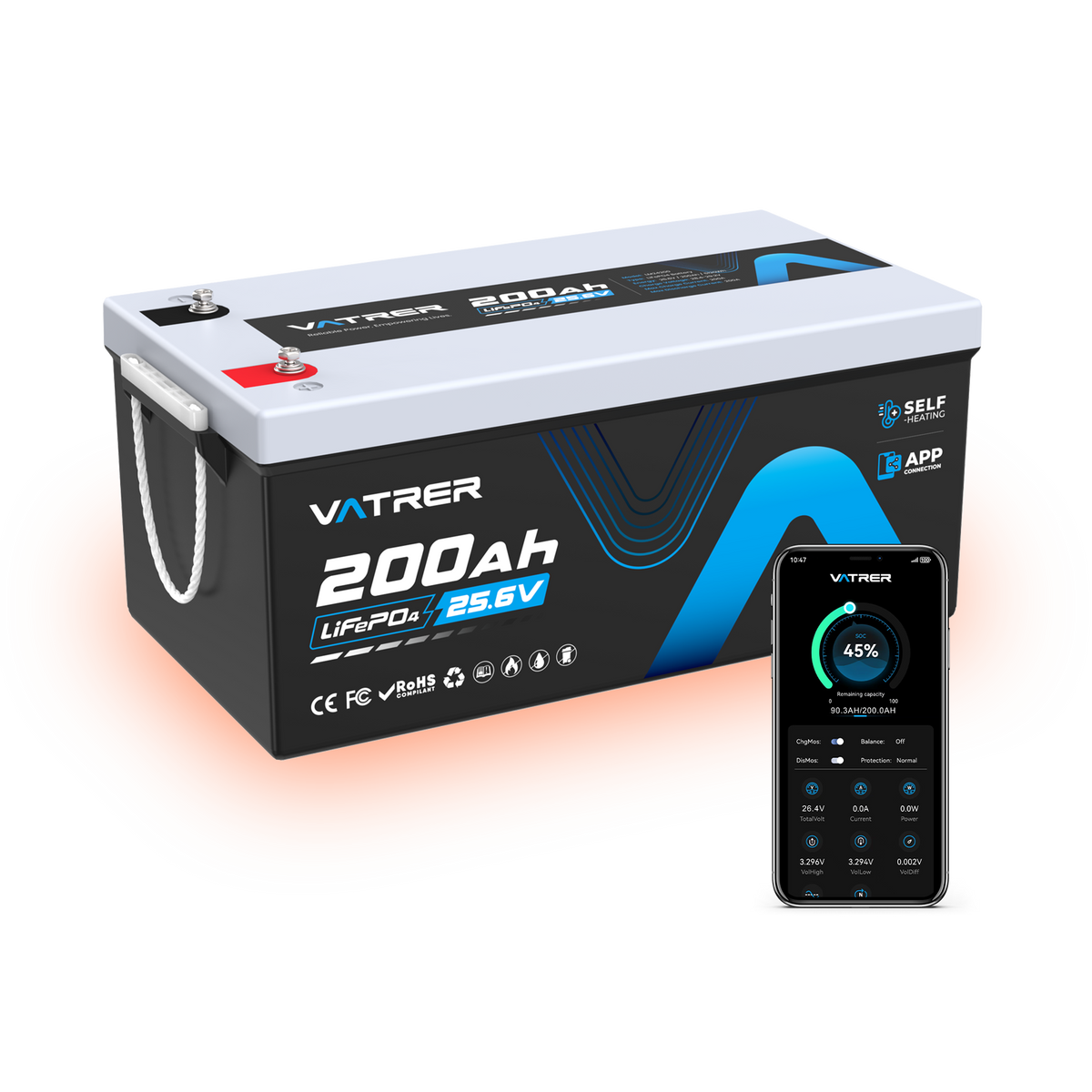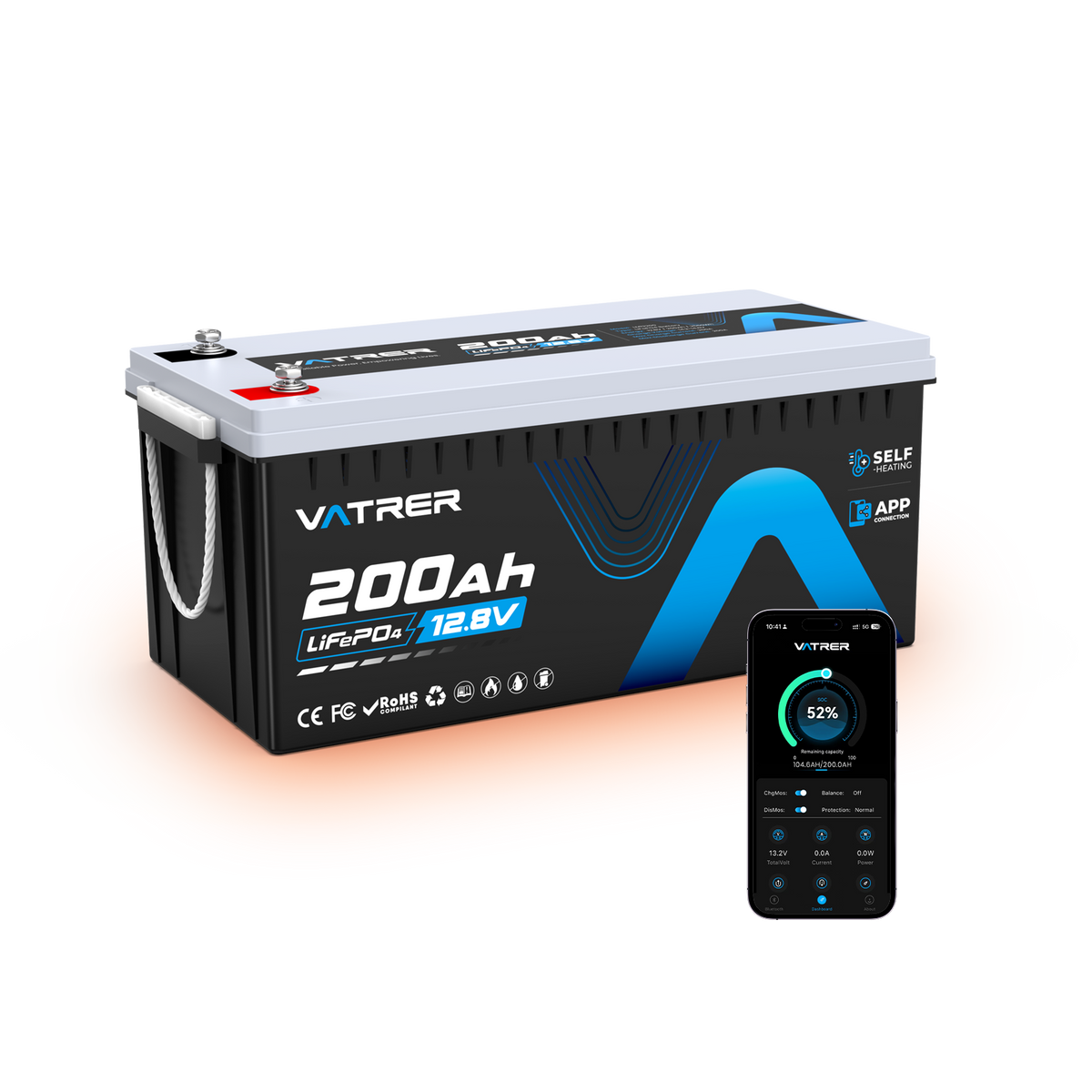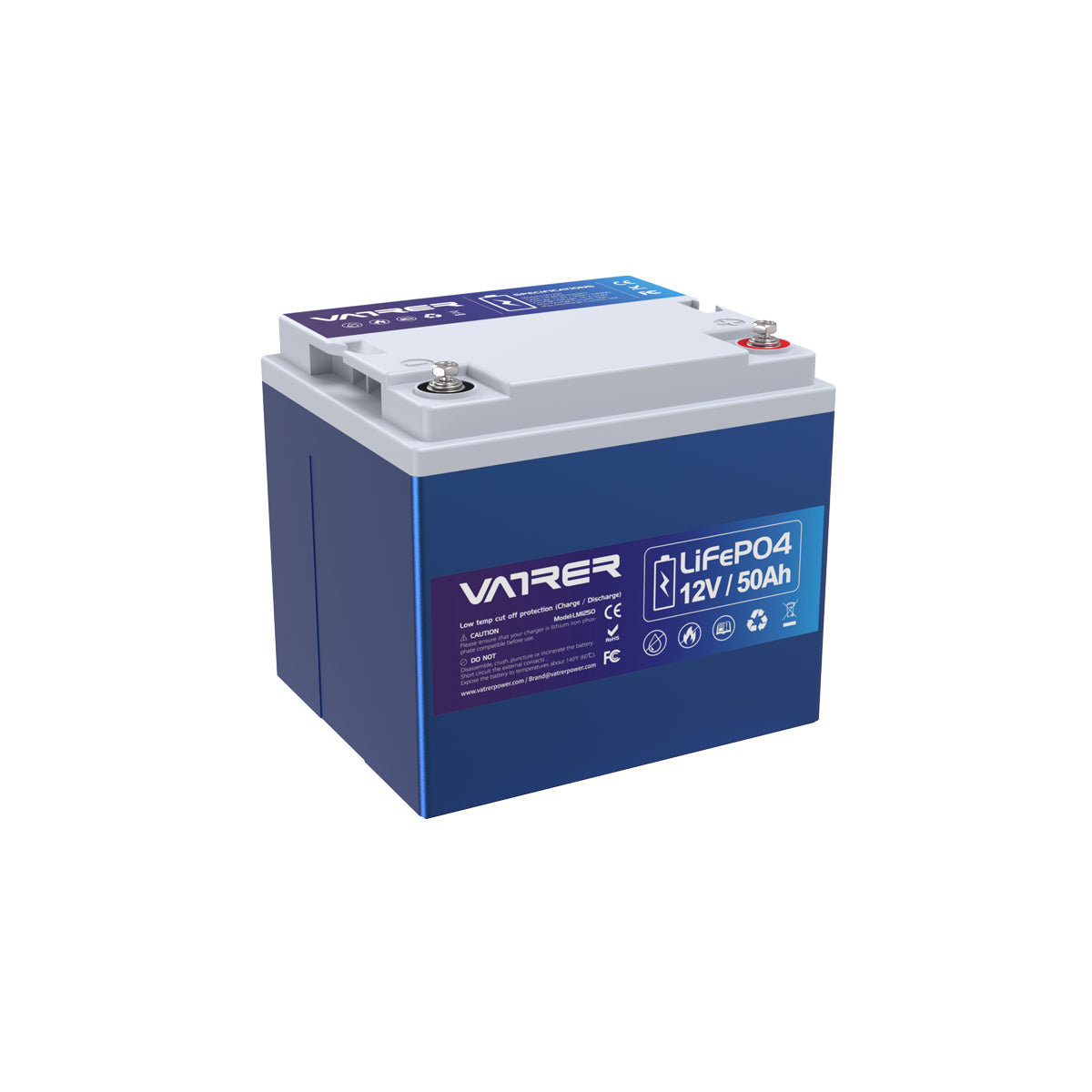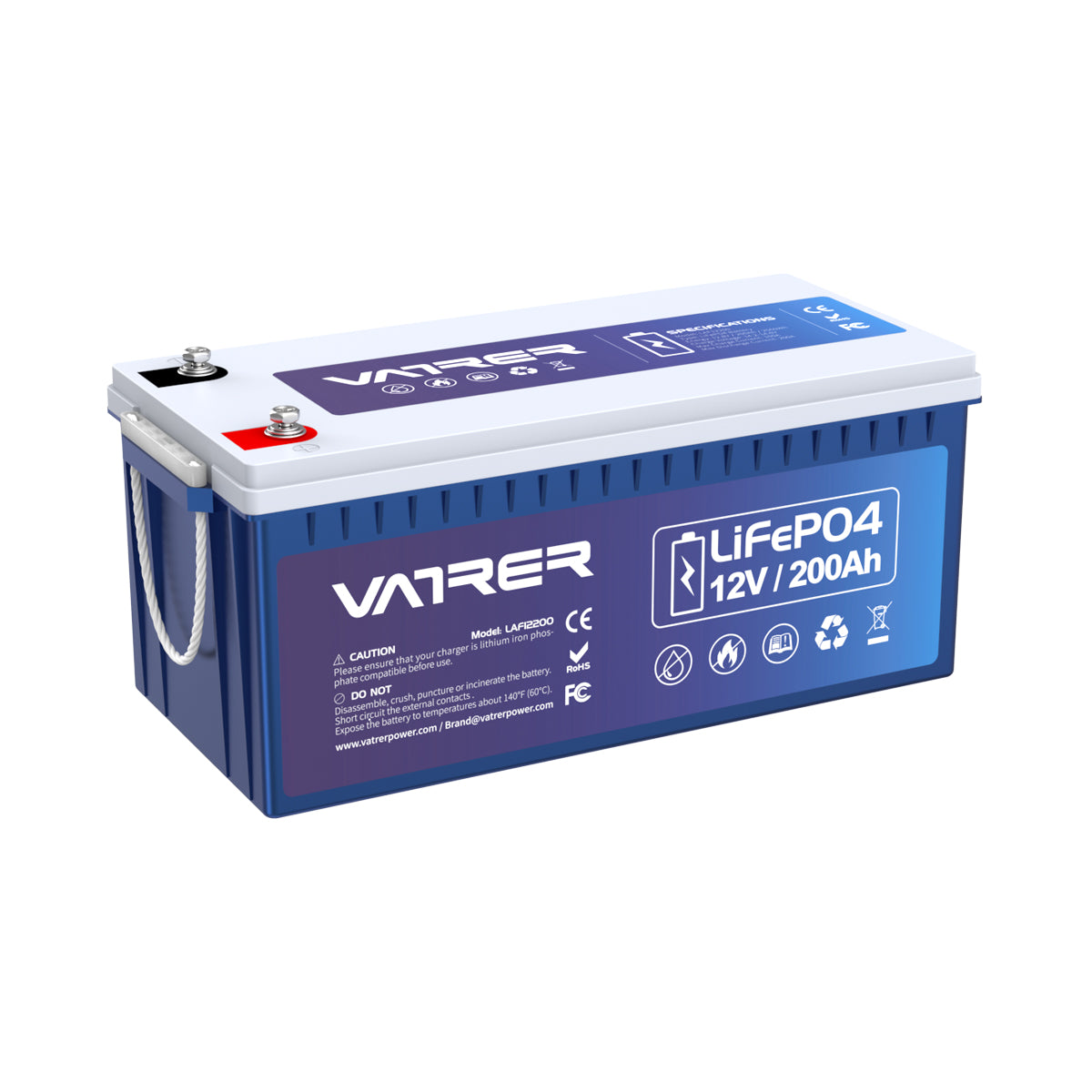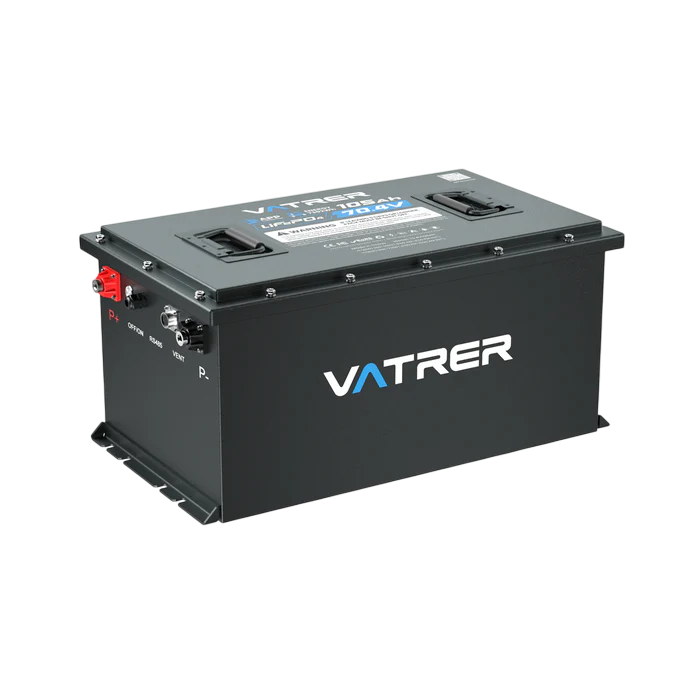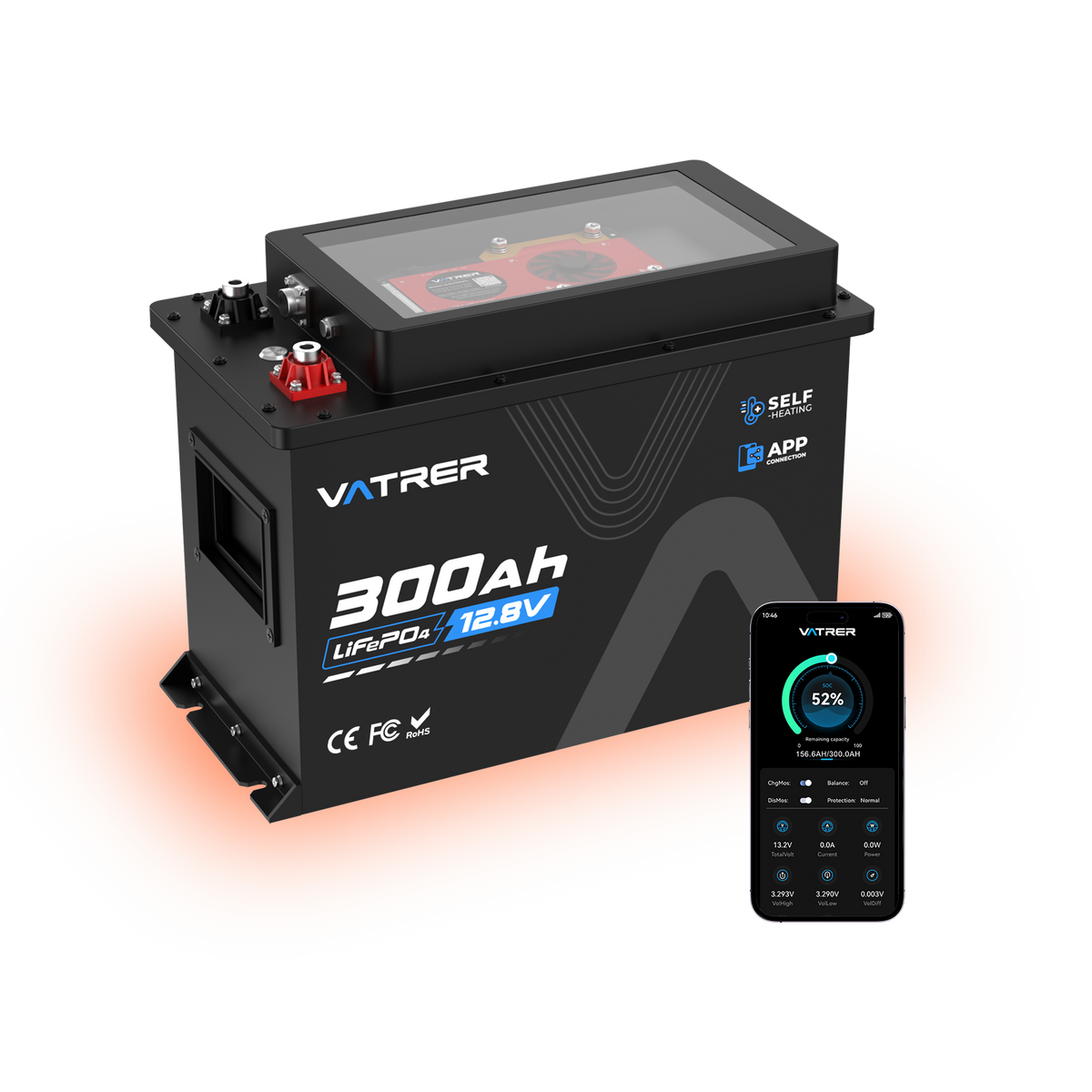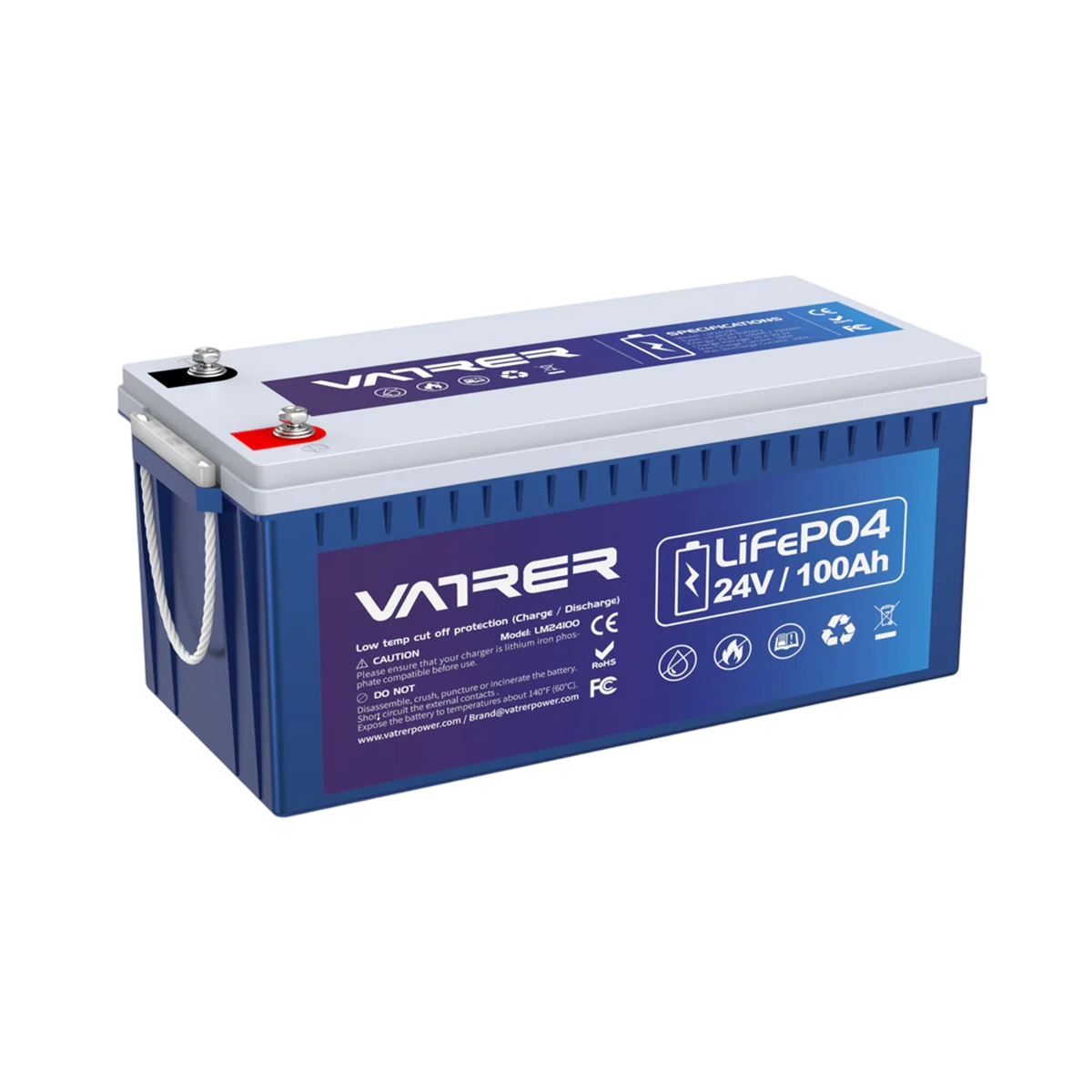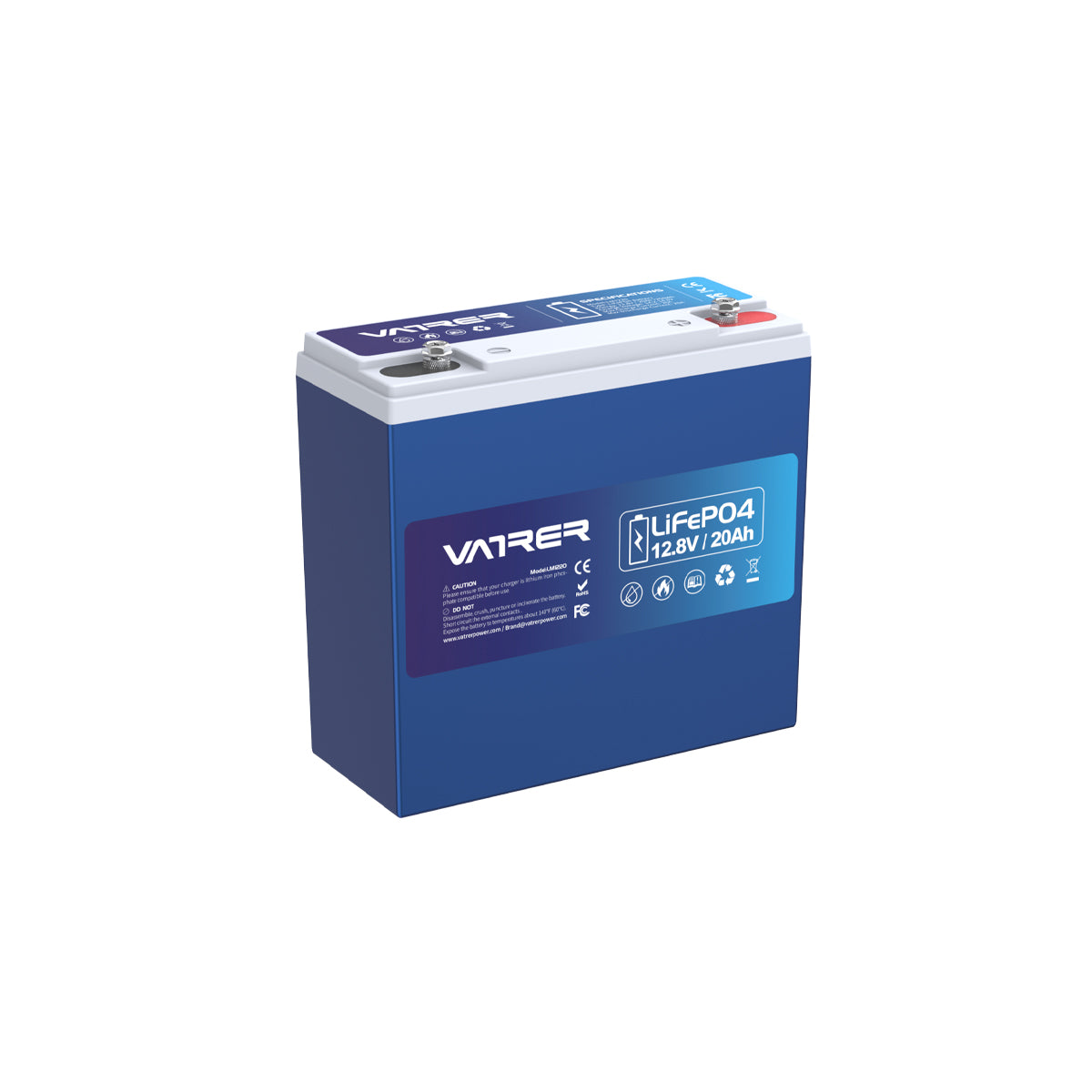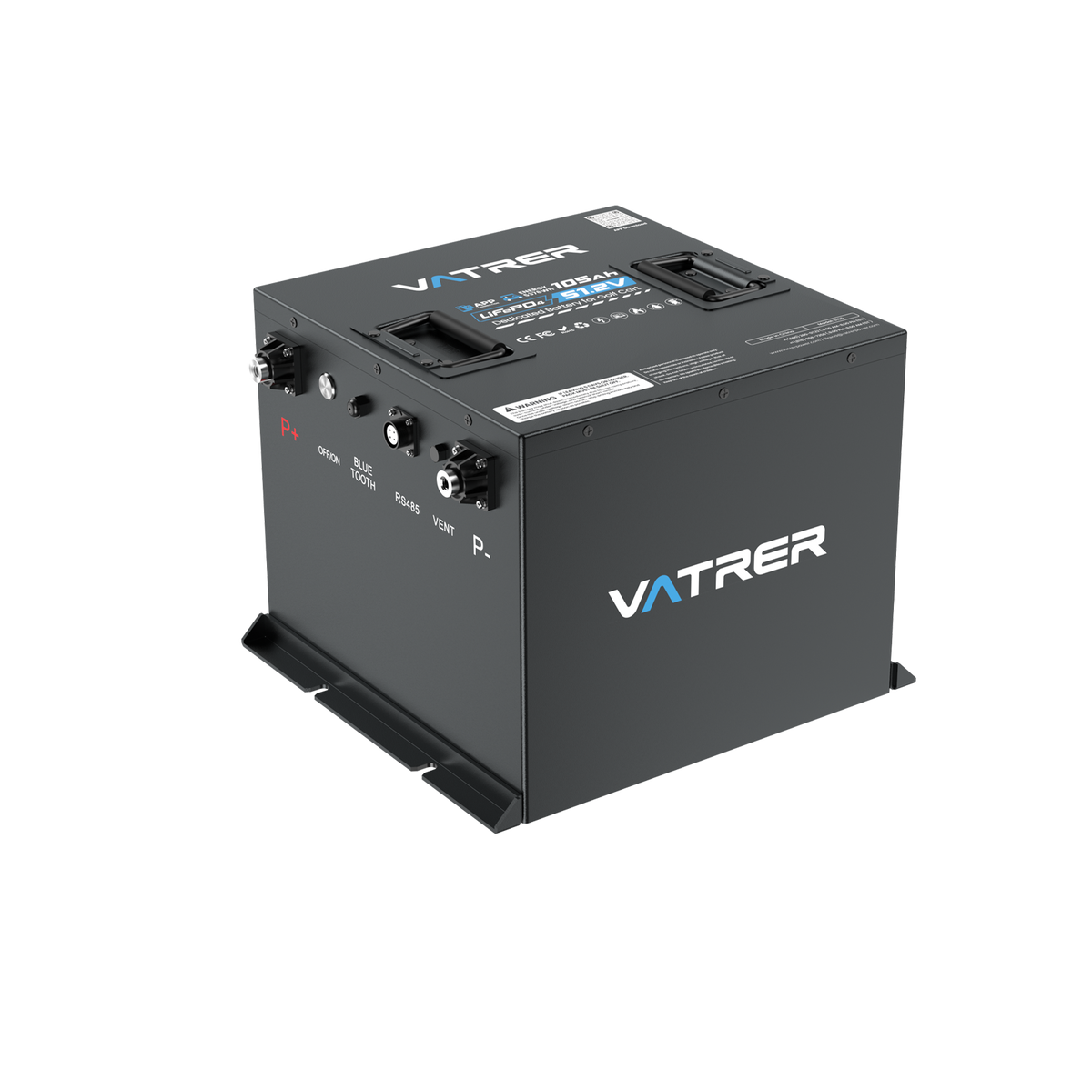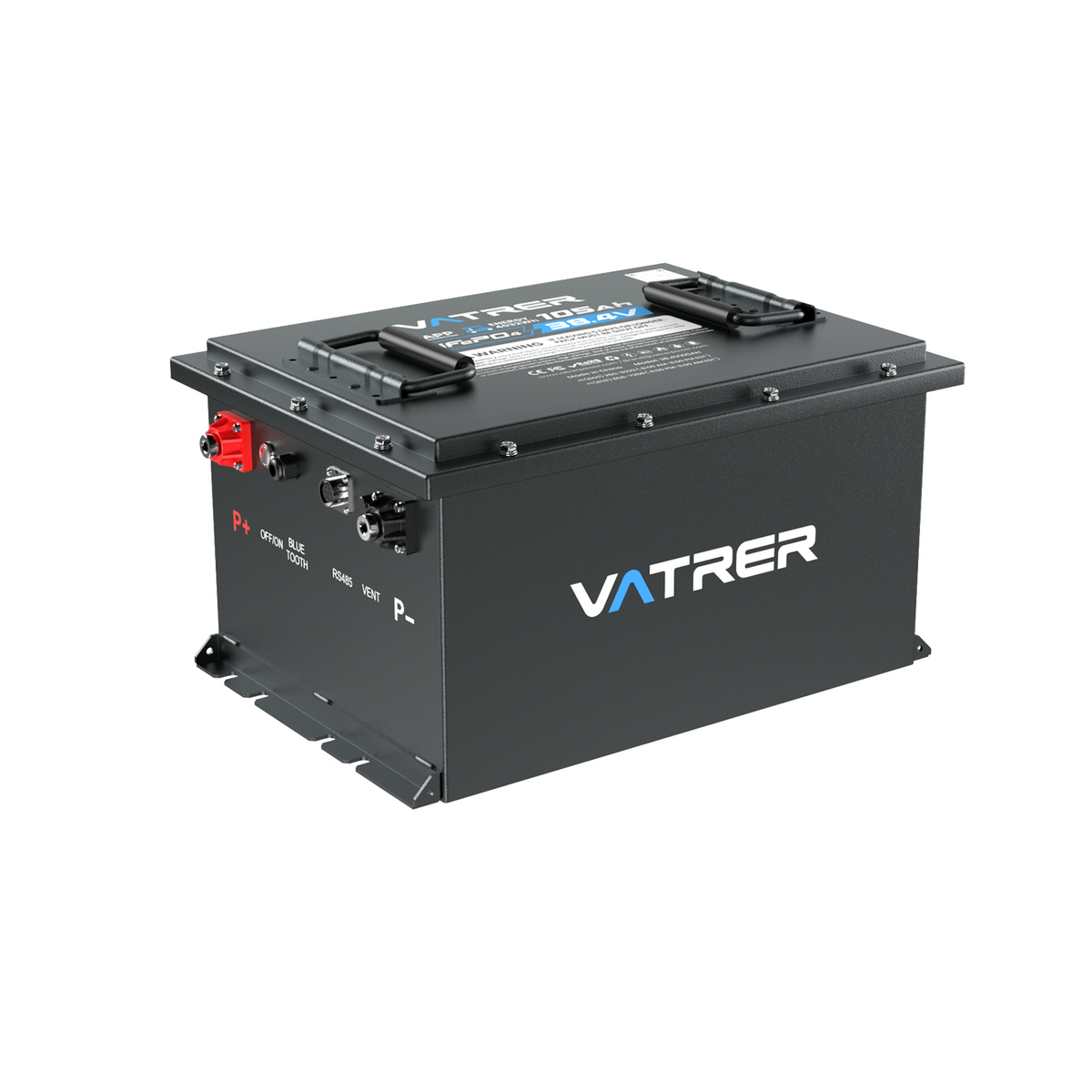Experiencing issues with your golf cart battery not charging can be frustrating and disruptive, especially if you rely on your vehicle for daily tasks or leisure activities. There are several reasons why a golf cart battery might fail to charge, ranging from simple fixes to more complex electrical issues. In this blog post, we'll explore some of the common causes and provide helpful troubleshooting tips to get your golf cart running smoothly again.
This guide addresses why your golf cart battery may not charge, detailing common issues like faulty chargers, corroded connections, aging batteries, and electrical system faults. It offers step-by-step troubleshooting, maintenance tips, and FAQs to resolve charging problems and extend battery life to get your golf cart running smoothly again.

Understanding Golf Cart Battery Systems
Golf carts typically use 36-volt or 48-volt systems. A 36V system often includes three 12-volt batteries, while a 48V system may use six 8-volt or four 12-volt batteries.
Lead-acid batteries, common in traditional golf carts, last 3-5 years with proper care, while lithium-ion batteries can last 5-10 years with minimal maintenance.
Lithium-ion batteries feature a Battery Management System (BMS) that regulates charging and discharging, protecting against overcharging and extending lifespan.
Using the correct deep-cycle golf cart battery instead of a standard car battery is important to avoid issues like a golf cart battery charger not working properly.
Also make sure the battery charger is compatible with your cart system and battery, such as a specific model of Yamaha 48-volt golf cart charger.
Checking Your Electric Golf Cart Charger
A faulty electric golf cart charger is a common reason your golf cart will not charge. Issues like blown fuses, worn cables, or internal computer failures can prevent operation.
Many chargers require a minimum battery voltage (typically 20-30 volts, depending on the model) to activate, so a severely depleted battery may not trigger the charger.
Troubleshooting Steps:
- Test the charger on another compatible battery or use a different golf cart battery charger to isolate the issue.
- Check the charger's LED indicators, specific colors or patterns may signal low voltage or internal faults.
- Verify the charger's voltage settings match your system (e.g., 36V or 48V) to prevent slow charging or battery damage.
- Listen for a clicking noise, which may indicate the charger is attempting to start but failing.
- If the charger runs too long or too short, it may have an internal fault, requiring replacement.
Replacing a faulty charger with a model suited for your golf cart, such as a Yamaha 48 volt golf cart charger, can restore proper charging.

Check If The Battery Is Poorly Connected
Dirty or corroded battery terminals can impede the flow of electricity, preventing the battery from charging properly. Corrosion appears as white or green buildup on terminals, while loose or frayed cables in the wiring harness can also disrupt golf cart charges.
Troubleshooting Steps:
- Disconnect the battery to avoid electrical shock and wear gloves to protect against corrosive residue.
- Clean terminals with a wire brush and a baking soda-water solution to remove corrosion.
- Inspect the wiring harness for loose or damaged connections, ensuring cables are secure and free of wear.
- Use a voltage tester to confirm each battery receives power, testing connections individually.
Regular cleaning prevents issues like a club car not charging and ensures reliable performance.

Check If the Battery is Old or Damaged
Batteries have a limited lifespan. Under normal use, lead-acid batteries have a lifespan of 3-5 years, while lithium-ion batteries have a lifespan of 5-10 years. Sulfation, the accumulation of lead sulfate crystals on the plates, reduces the charge capacity and is more common in lead-acid batteries.
Troubleshooting Steps:
- Use a multimeter to measure battery voltage. For a 48V system, each 12-volt battery should read ~12.6 volts when fully charged, lower readings suggest replacement.
- For lead-acid batteries, check water levels and add distilled water if low to prevent sulfation. A battery desulfator can reverse early sulfation if used correctly.
Lithium-ion batteries, with 2,000-5,000 charge cycles compared to 500-1,000 for lead-acid, are less prone to sulfation and require minimal maintenance.
| Battery Type | Lifespan | Maintenance Needs | Charge Cycles |
|---|---|---|---|
| Lead-Acid | 3-5 years | Regular water checks, desulfation | 500-1,000 |
| Lithium-Ion | 5-10 years | BMS-regulated | 2,000-5,000 |
If your battery has reached the point where it needs to be replaced, consider Vatrer lithium golf cart batteries. Our batteries have lithium iron phosphate chemistry and are equipped with Bluetooth, self-heating and low-temperature protection. A single charge can support you through multiple rounds of 18 holes of golf.

Check Golf Cart Electrical System Issues
If the battery and charger are in good working order, the problem may lie in the golf cart’s electrical system. This could include issues like a faulty voltage regulator, which helps control the amount of voltage that is sent to the battery. A professional inspection might be necessary to diagnose and fix these deeper electrical problems.
Troubleshooting Steps:
- Listen for a relay click when plugging in the charger, no click may indicate a blown fuse or faulty relay.
- Test the charging system with a multimeter, expecting an output of 13.5-14.8 volts, depending on the system.
- For Club Car models, use an On-Board Diagnostics (OBD) tool to identify computer errors affecting charging.
If the problem still cannot be fixed through the above troubleshooting methods, it means there is a more complex electrical problem. It is recommended that you consult a professional technician to avoid damage to the golf cart or battery due to improper operation.
Coping With Extreme Temperature Environmental Factors
Batteries are sensitive to temperature extremes. Very cold or very hot weather can affect a battery’s ability to charge and perform. Cold weather (below 32°F) slows charging, while hot conditions (above 80°F) can cause overheating. Lithium-ion batteries perform better in extreme temperatures (-4°F to 140°F), maintaining efficiency where lead-acid batteries struggle.
Maintenance Tips:
- Store batteries in a cool, dry environment (32°F-80°F) when not in use.
- Charge batteries after each use and at least monthly during inactivity.
- Disconnect batteries during long periods of inactivity, recharging every few weeks to prevent drain.
Conclusion
If your golf cart battery isn't charging, the issue could be one of several factors mentioned above. Start by inspecting the most accessible parts like the charger and battery connections. If simple solutions don't resolve the issue, it may be time to consult with a professional to look into more complex electrical system issues or to consider replacing the lithium golf cart battery. Remember, regular maintenance and using the appropriate equipment for your golf cart will help prevent charging issues and extend the life of your batteries.






















